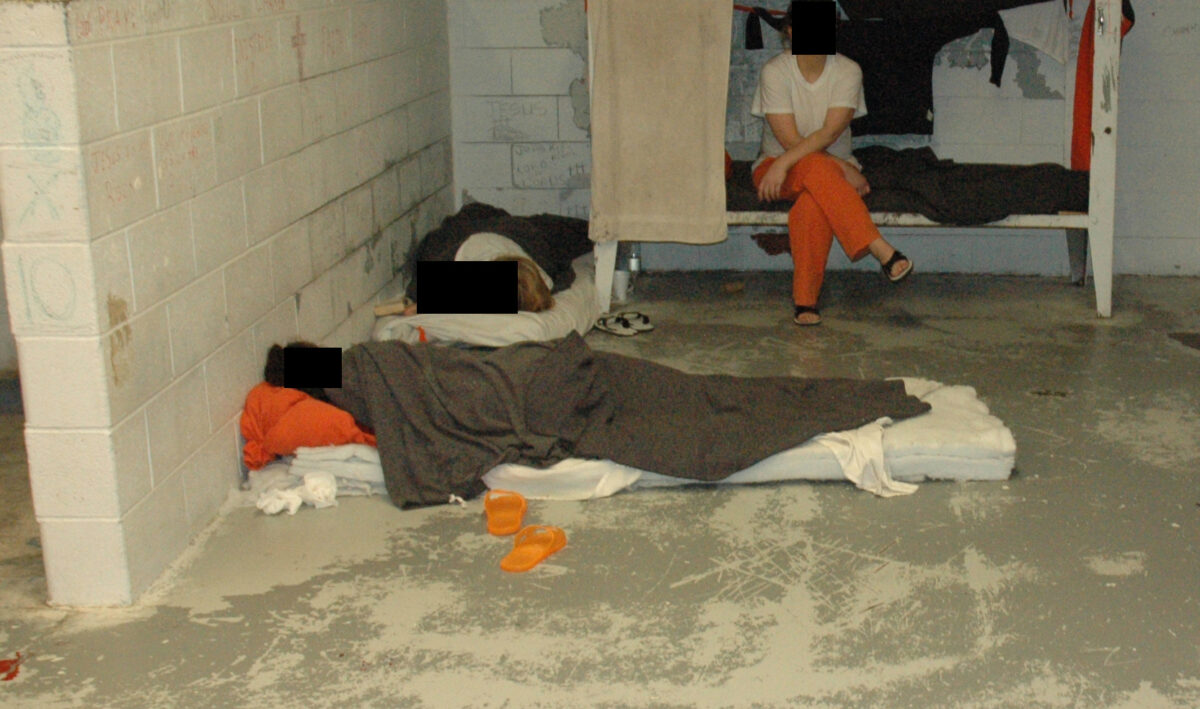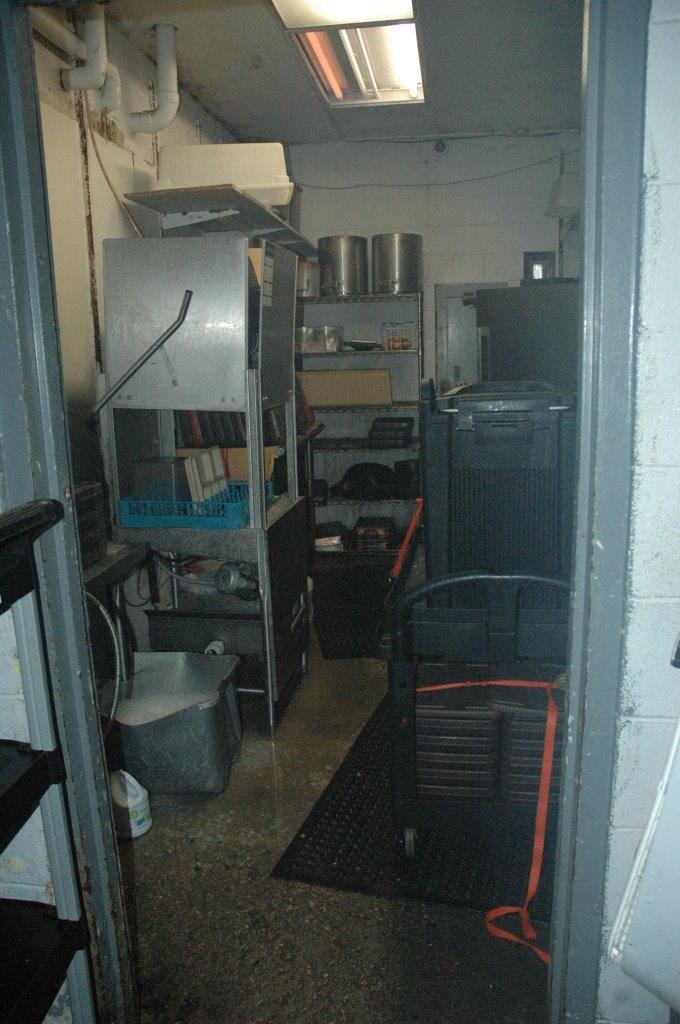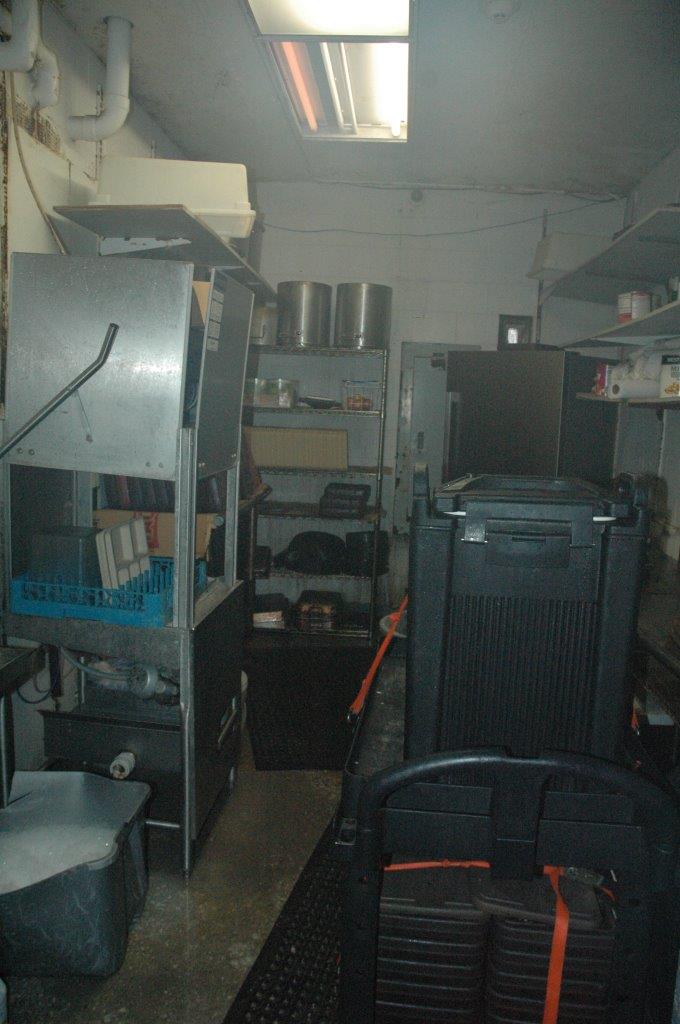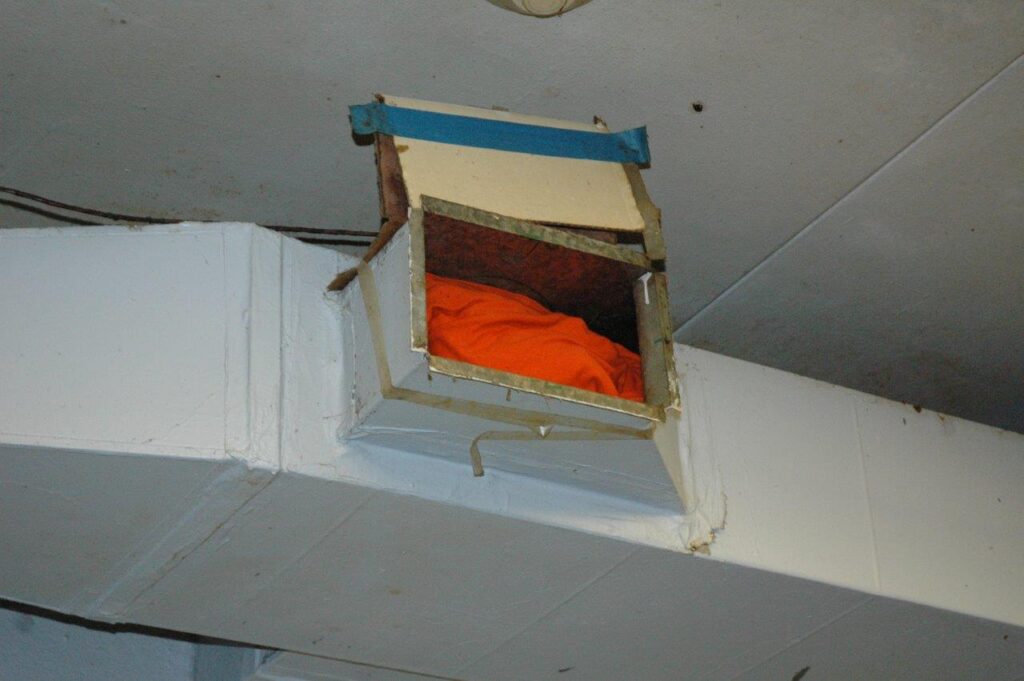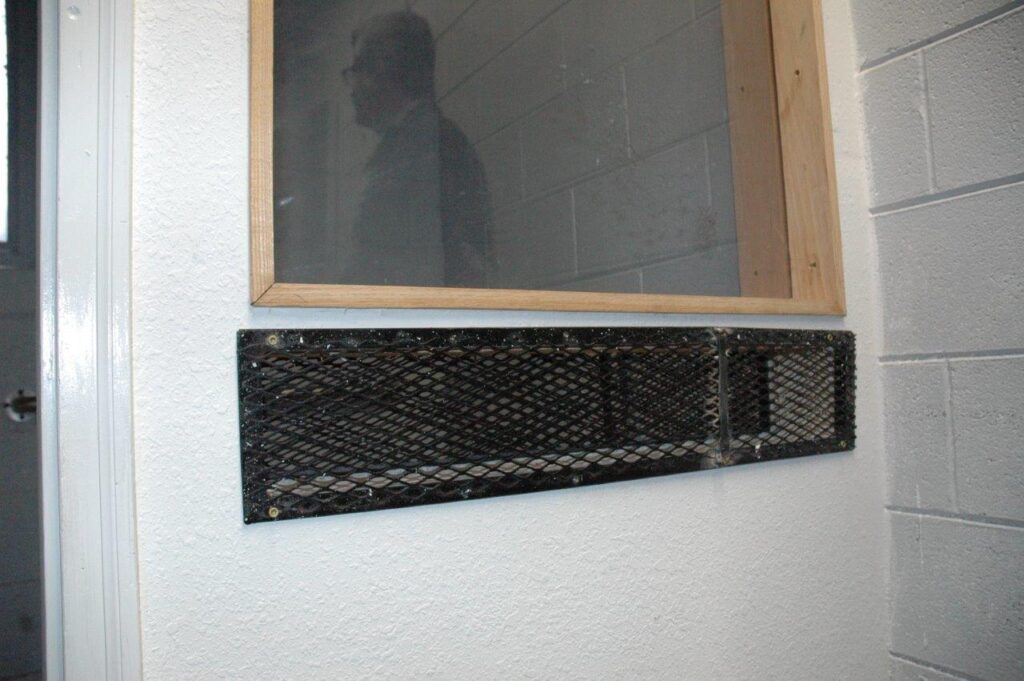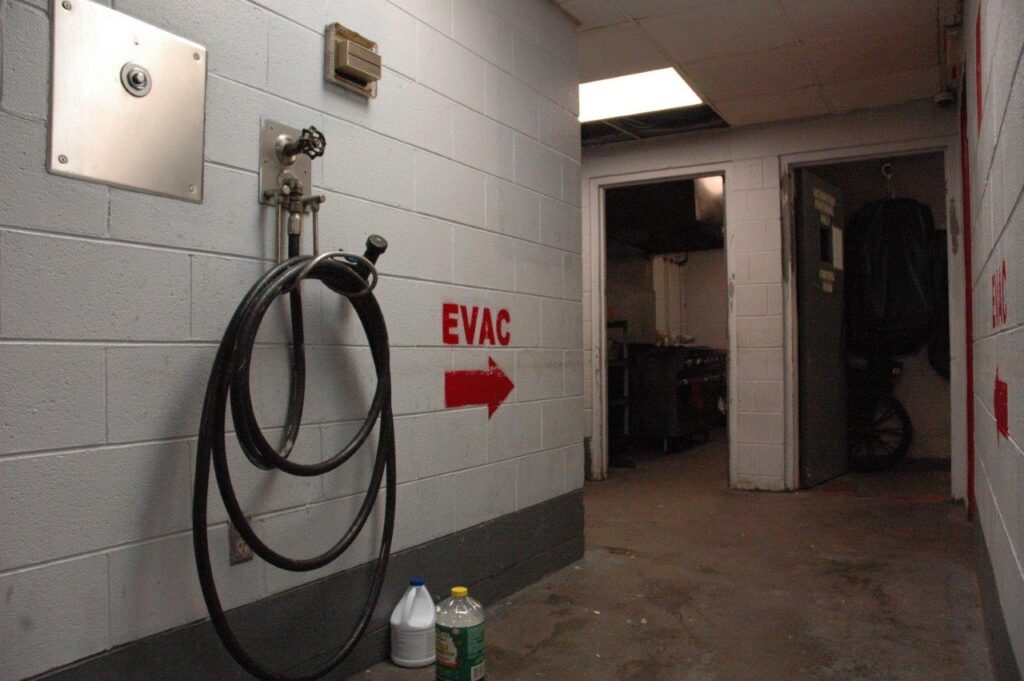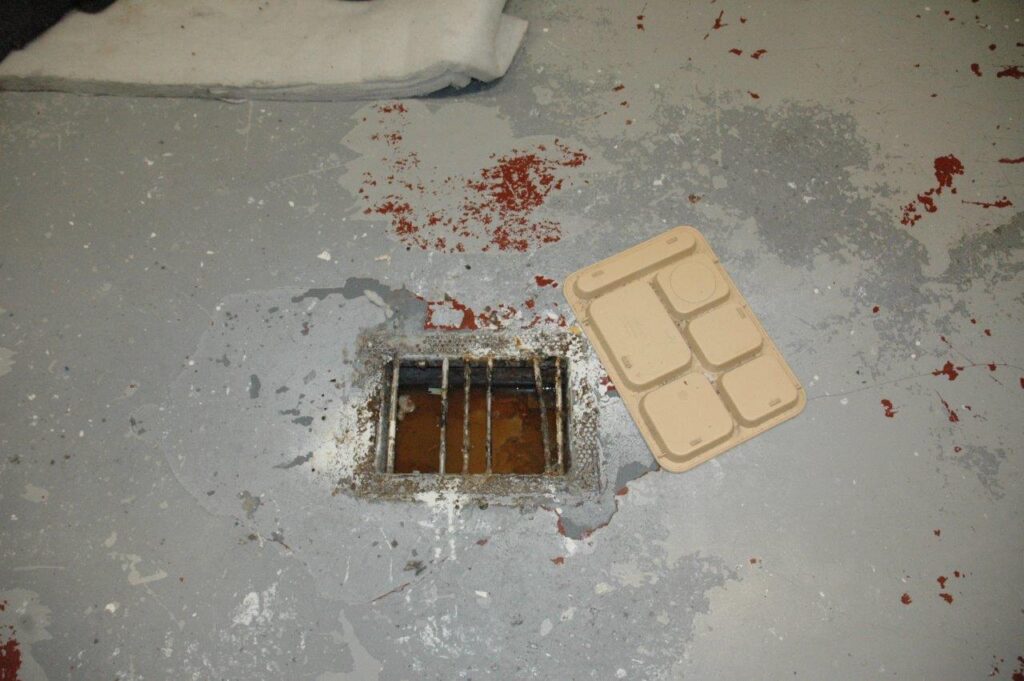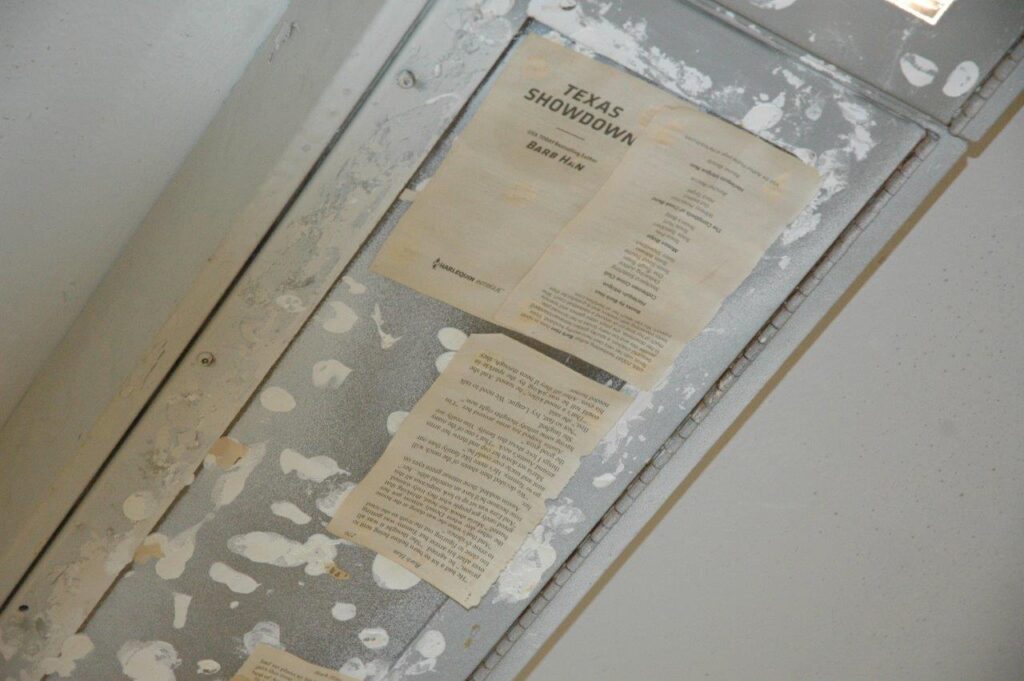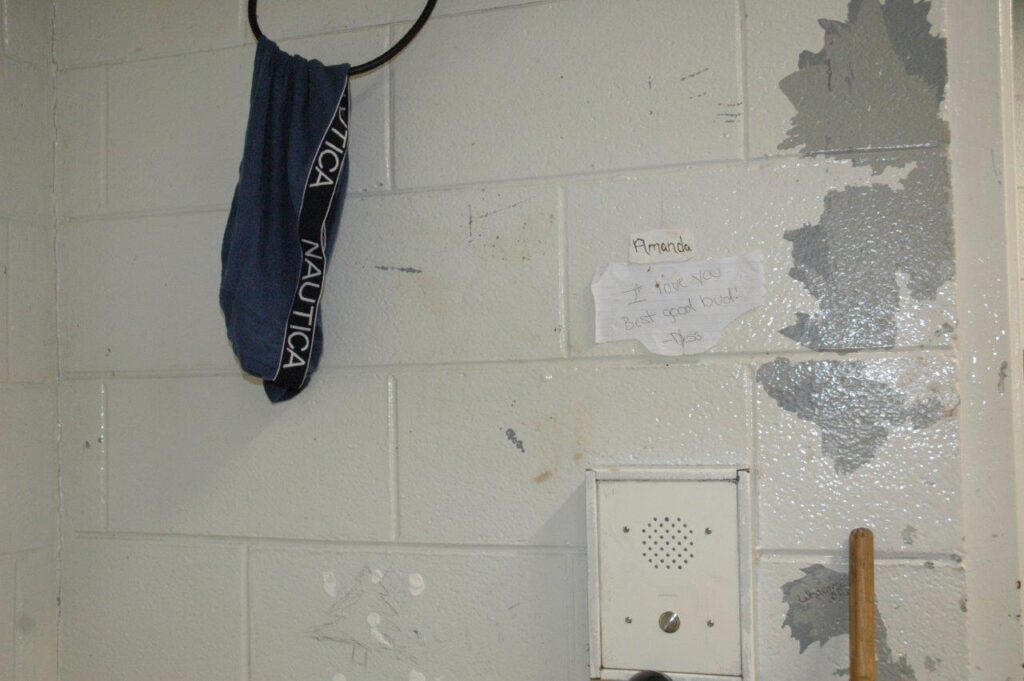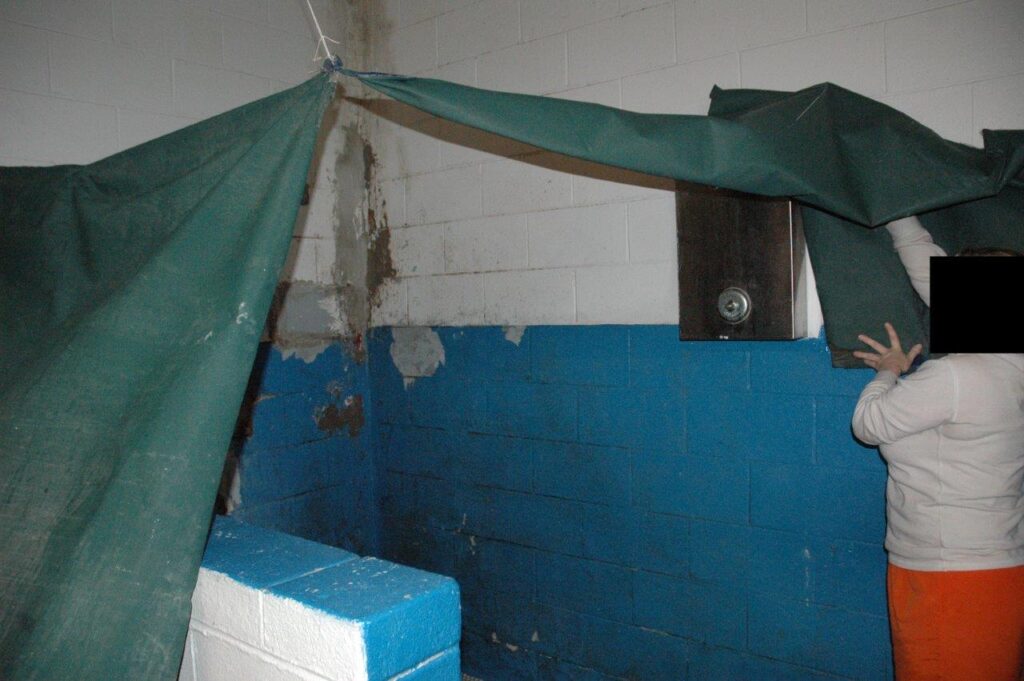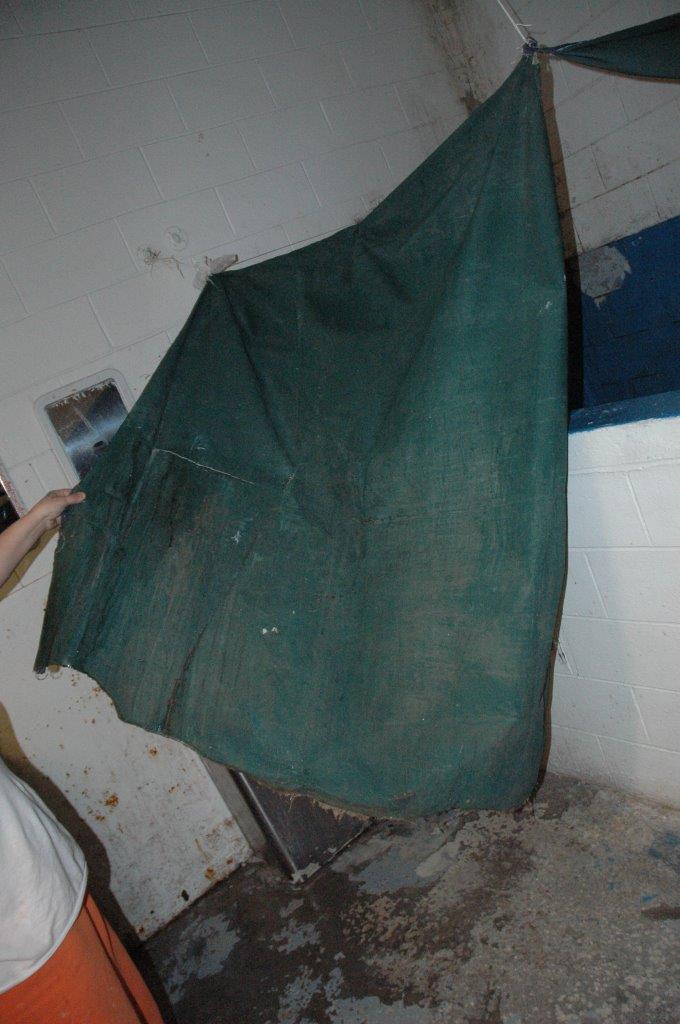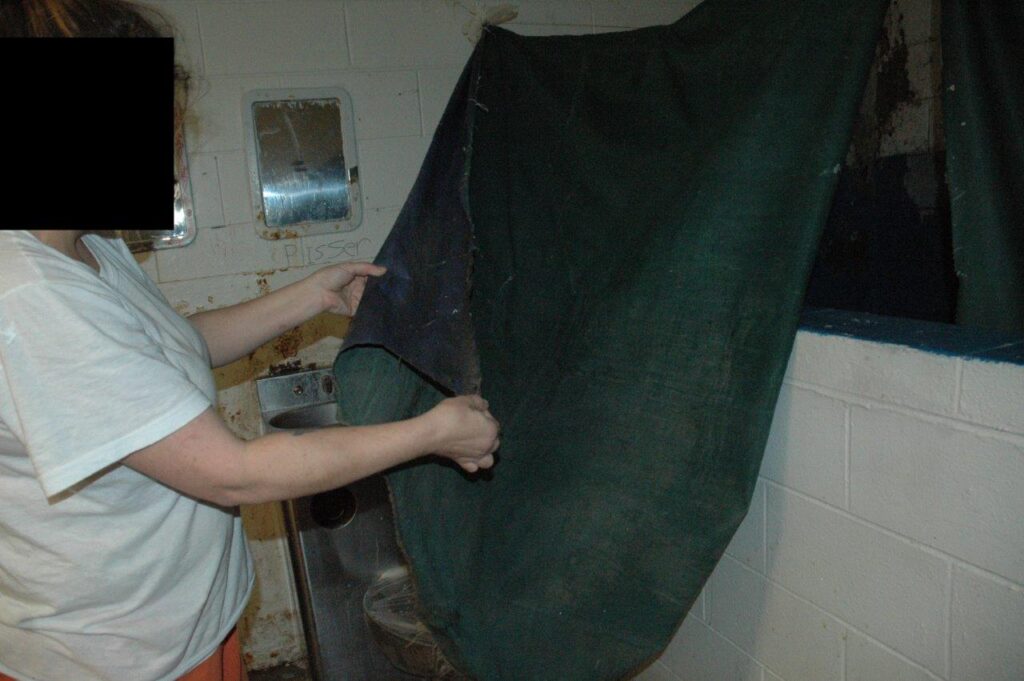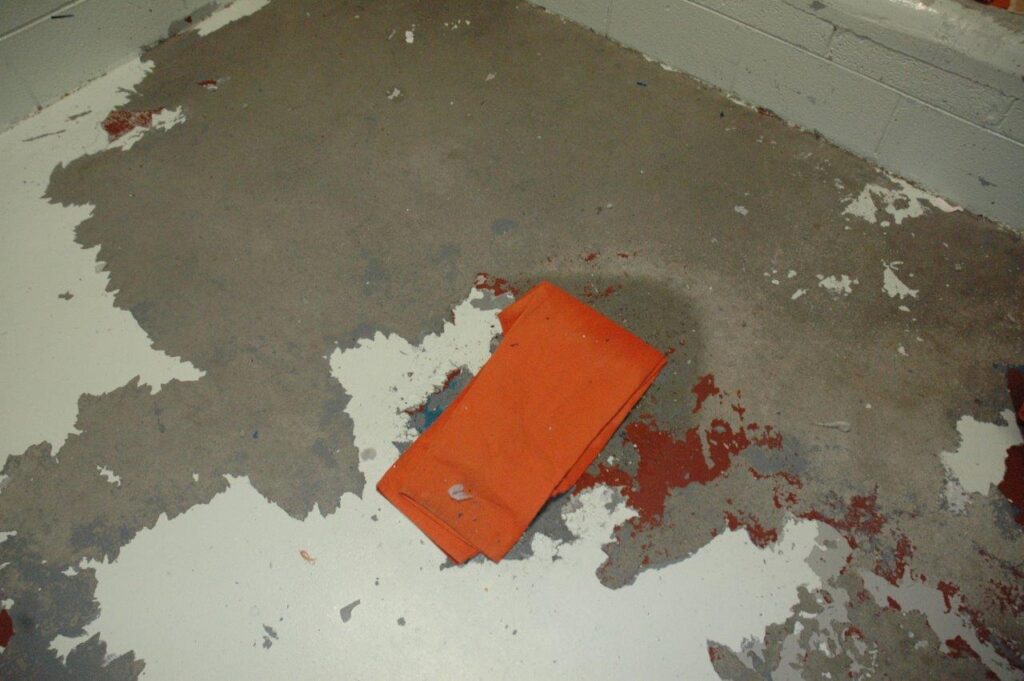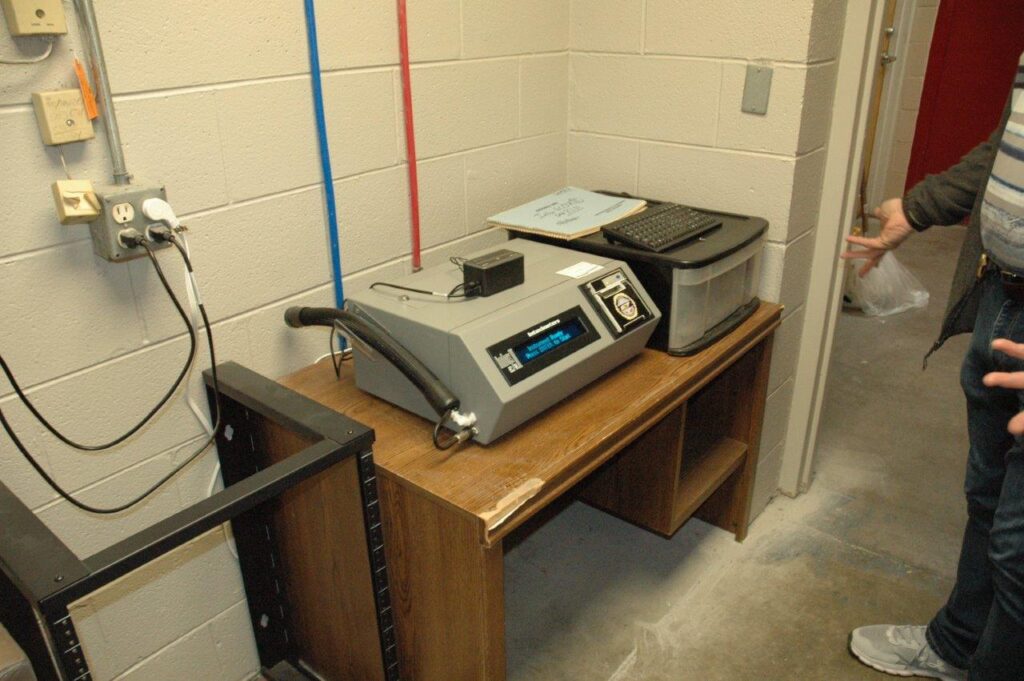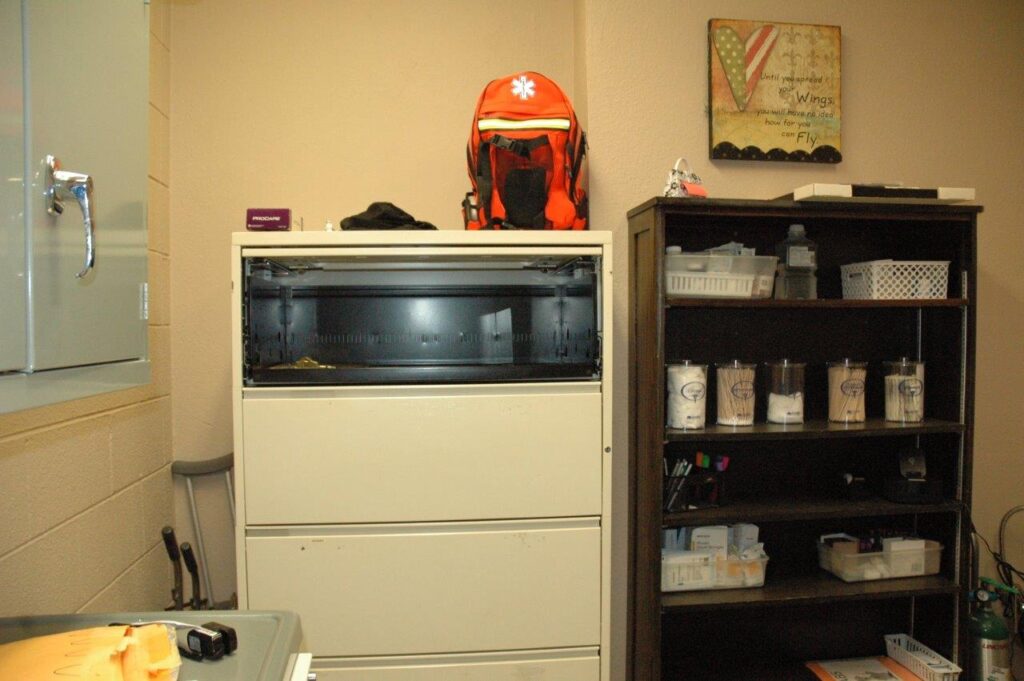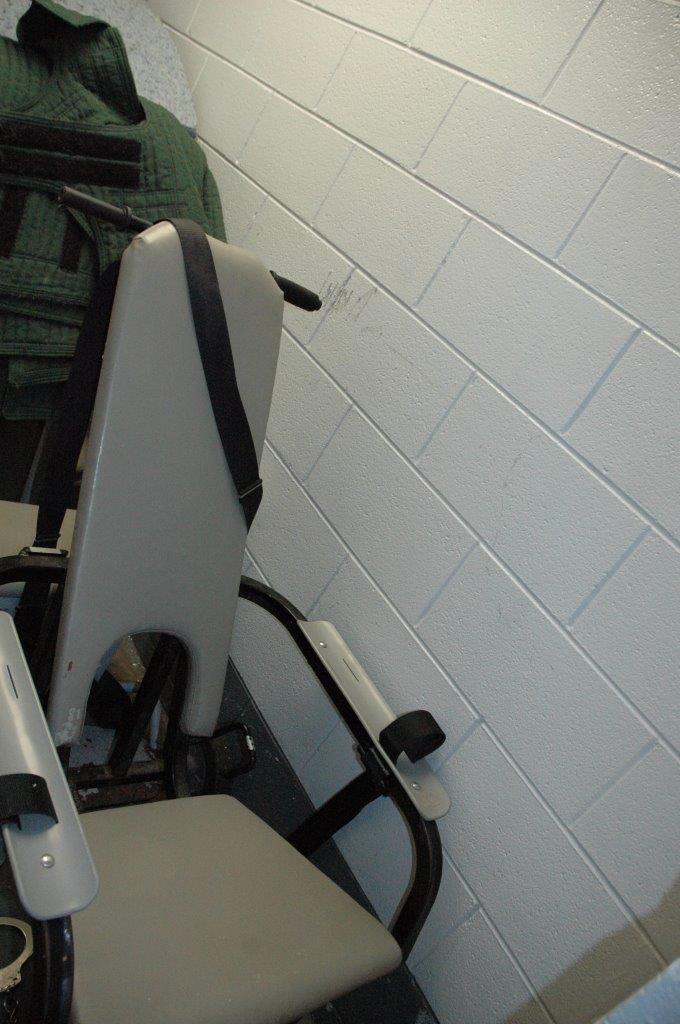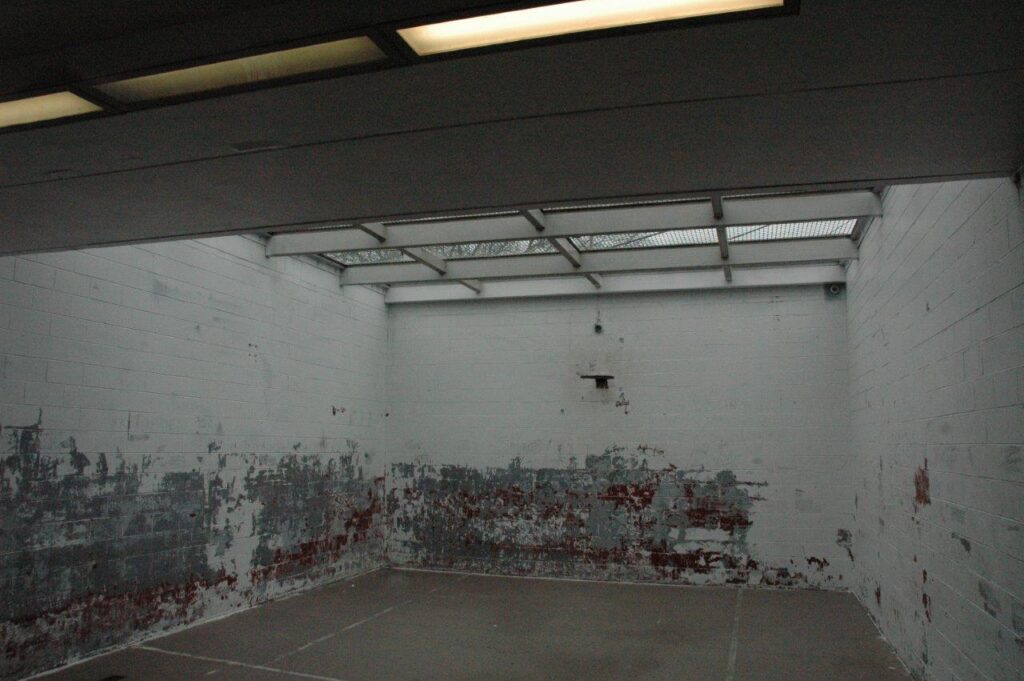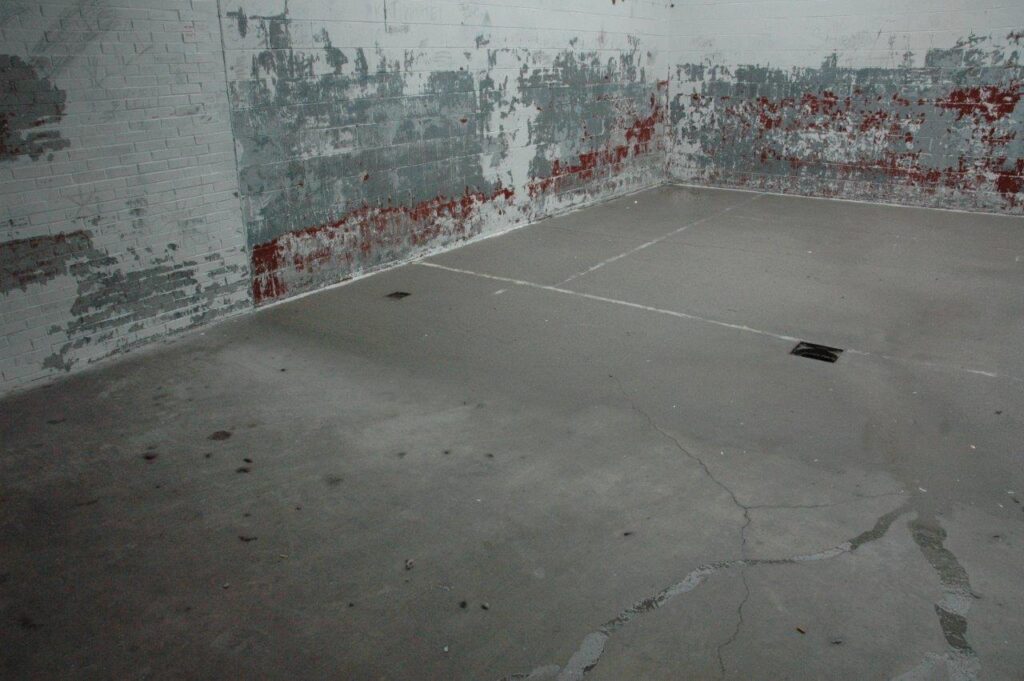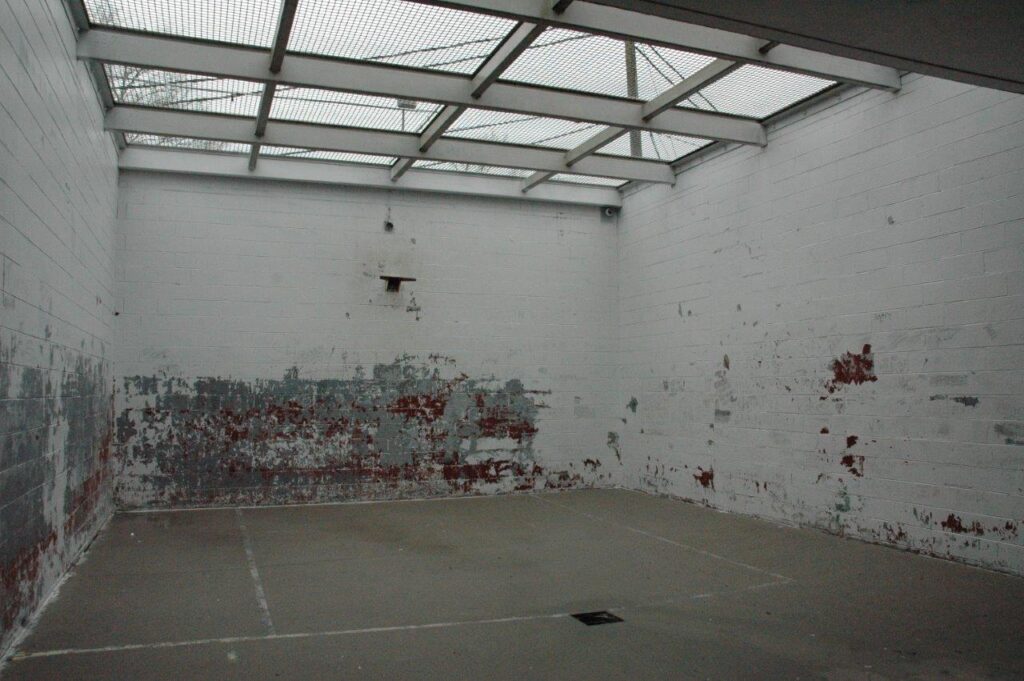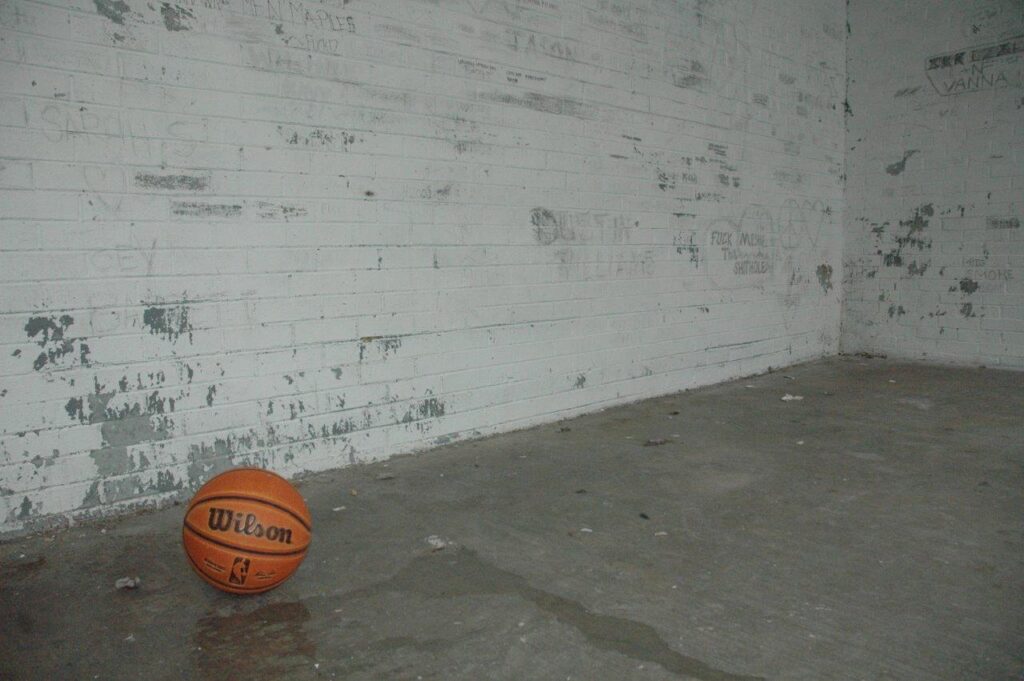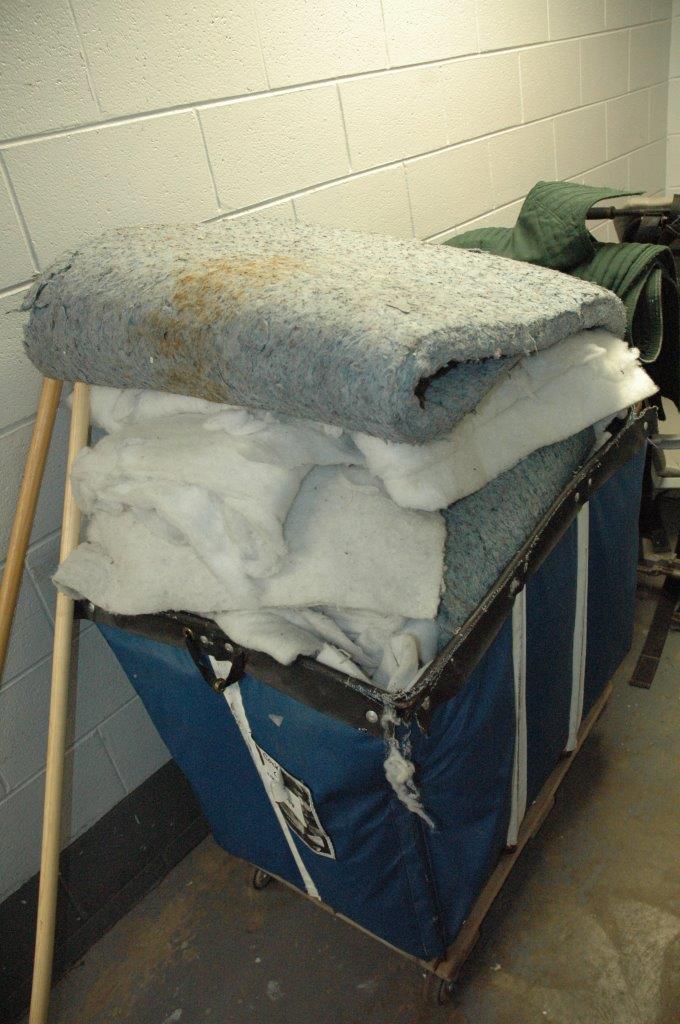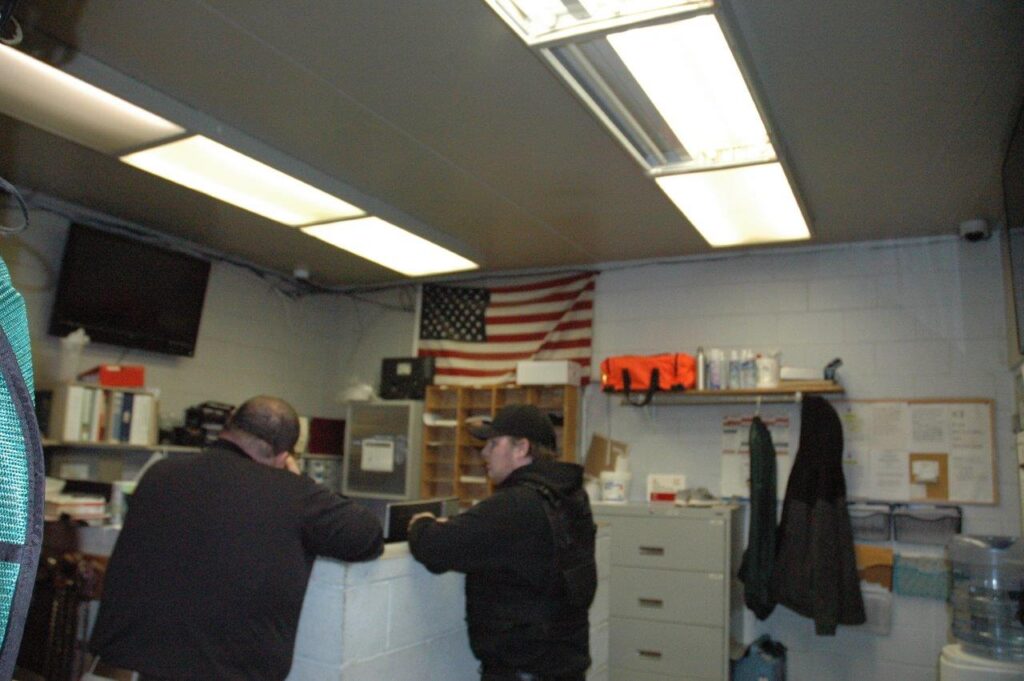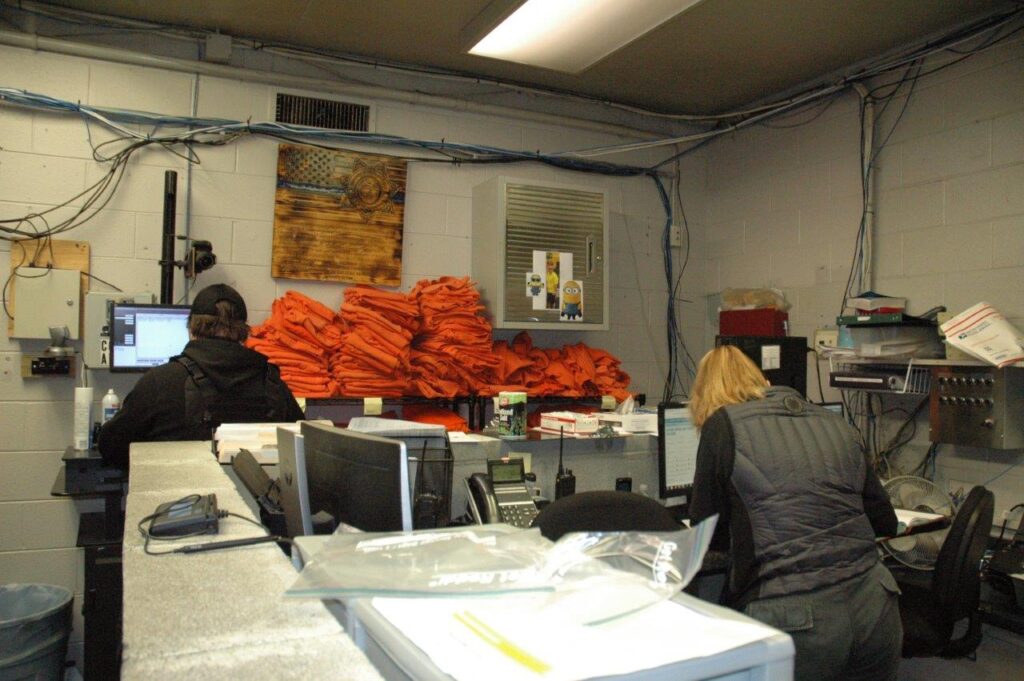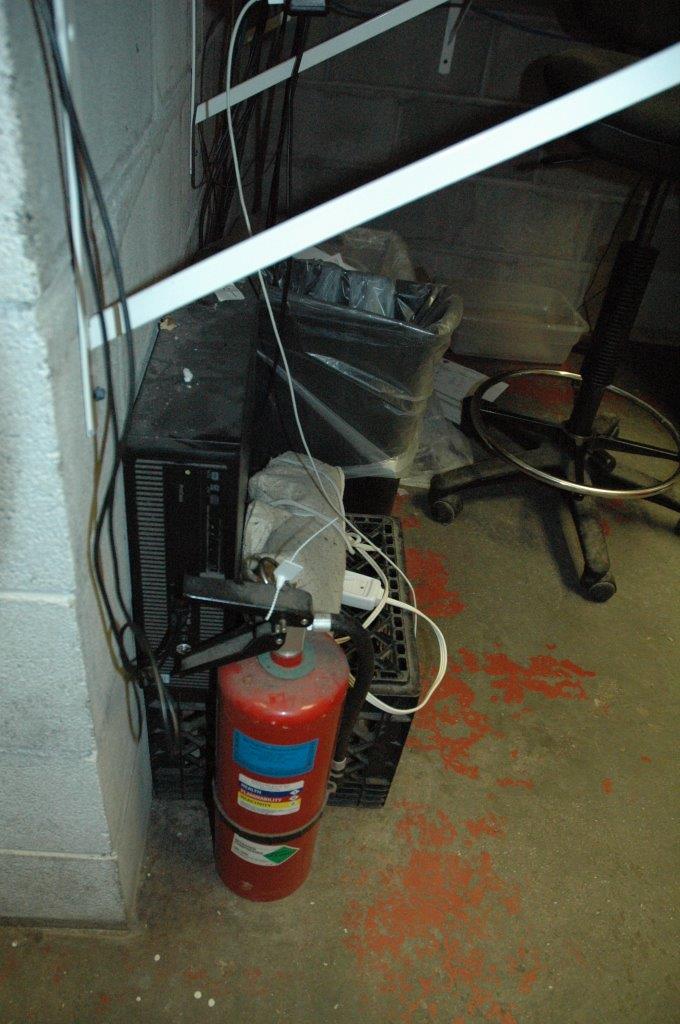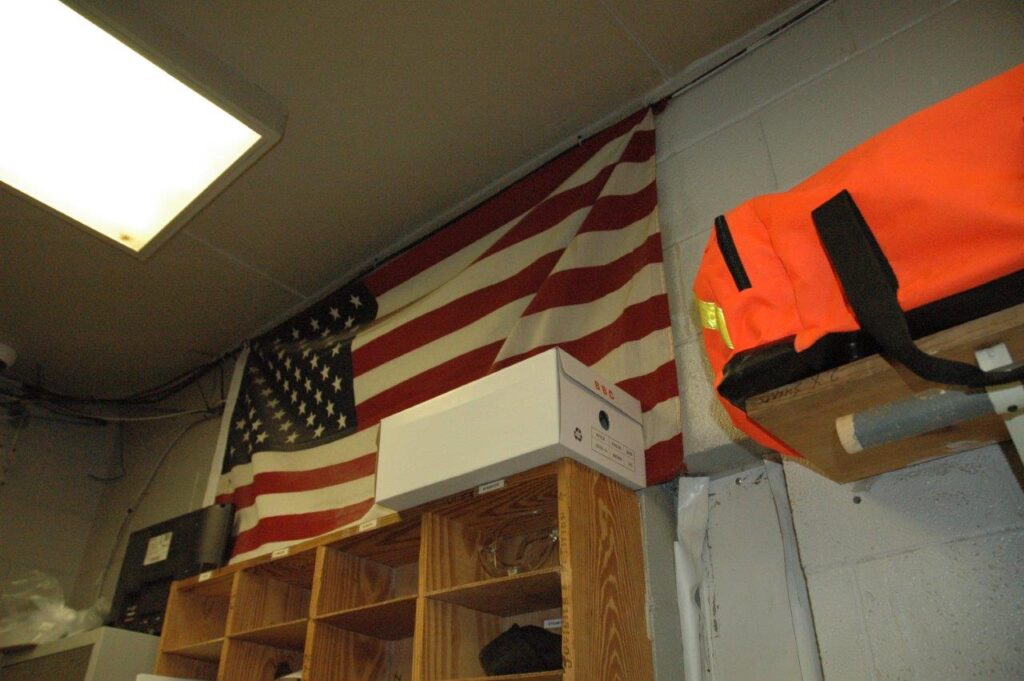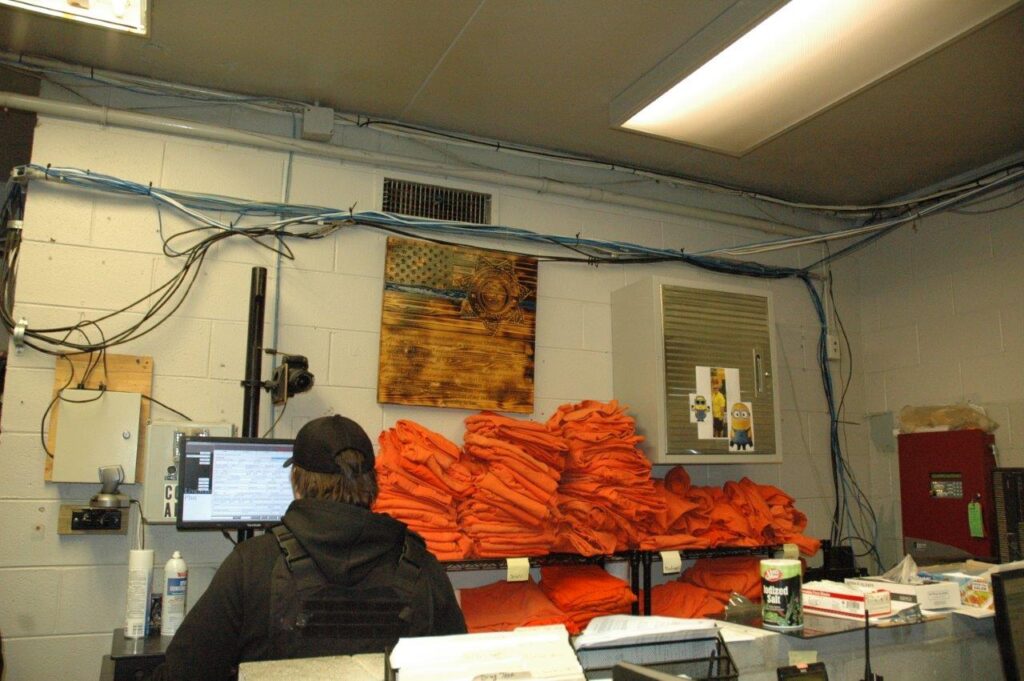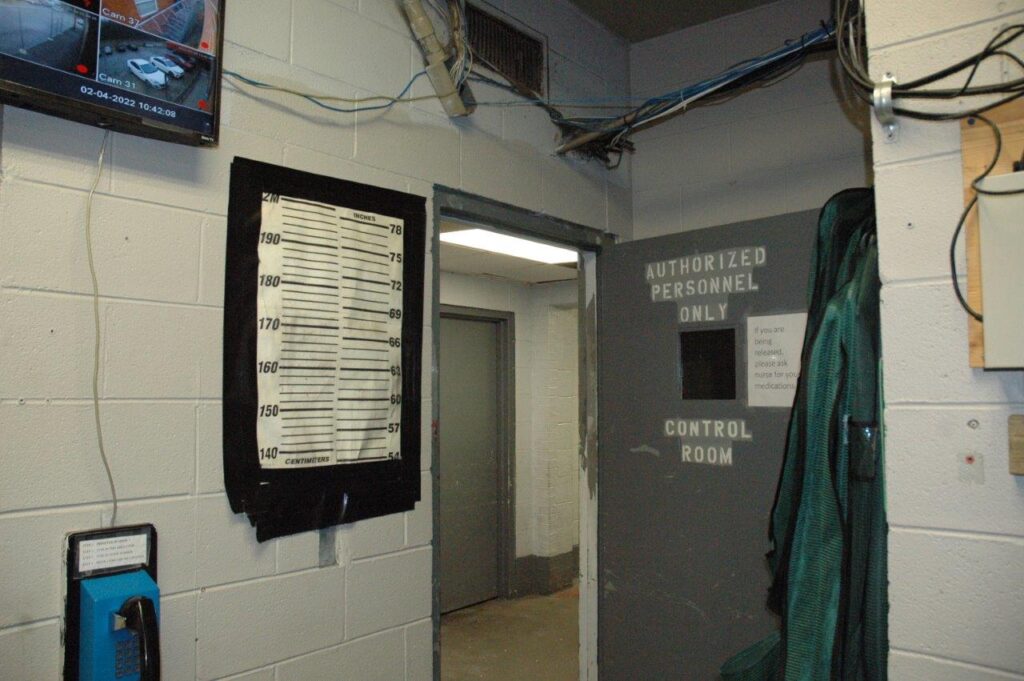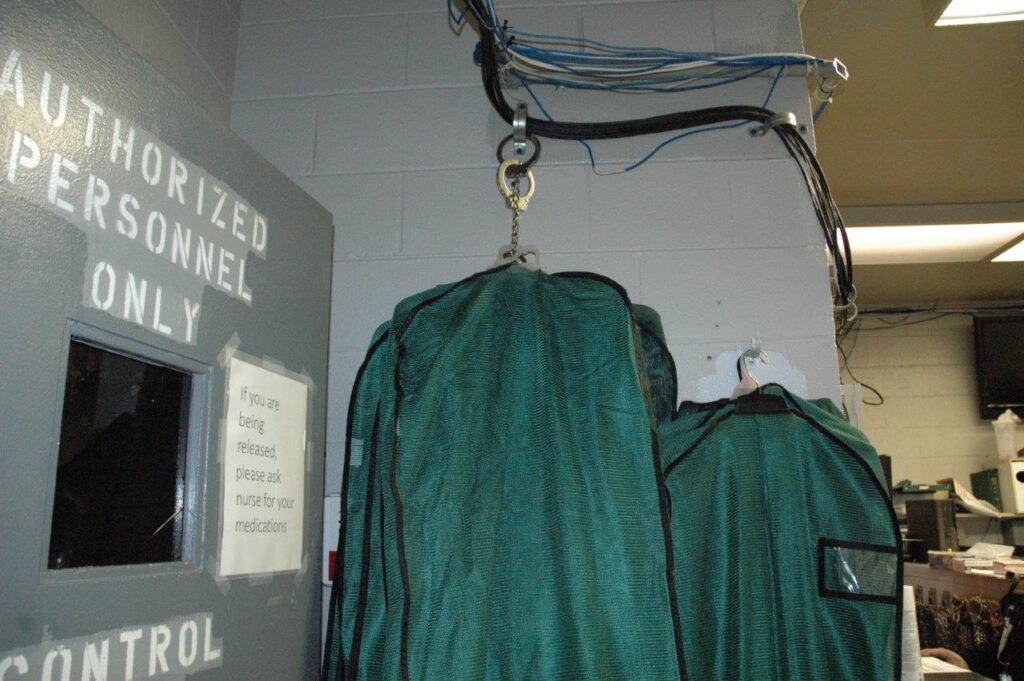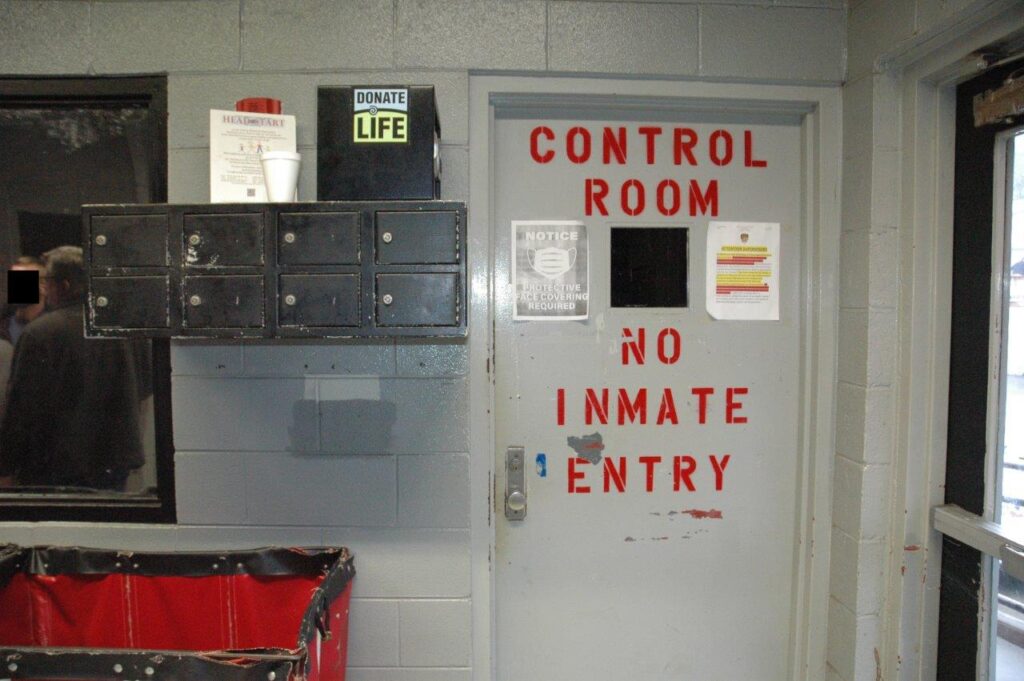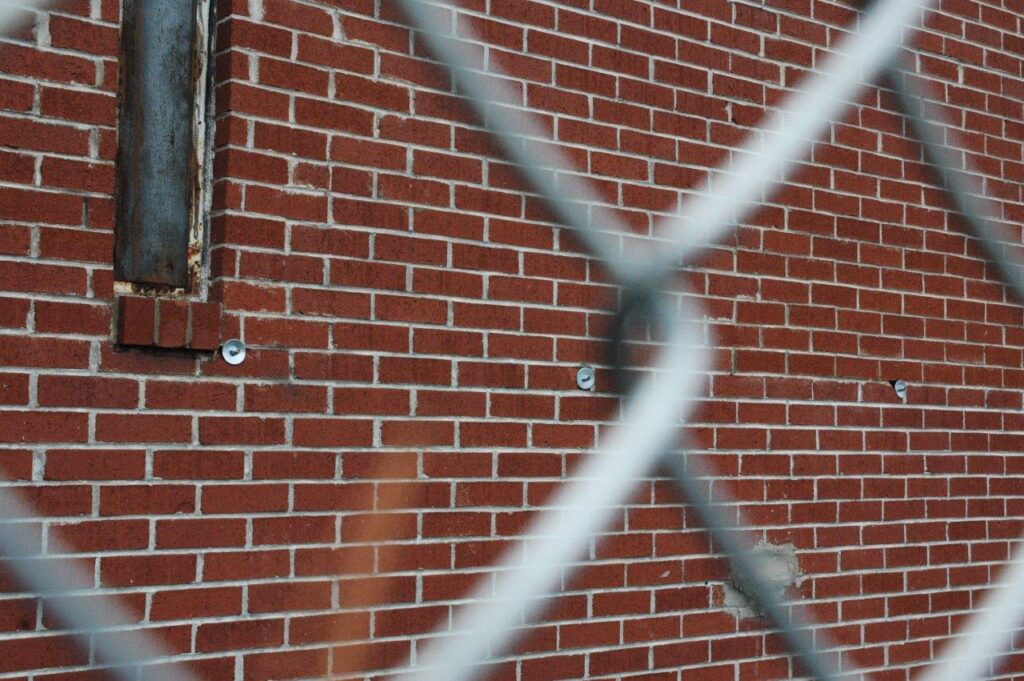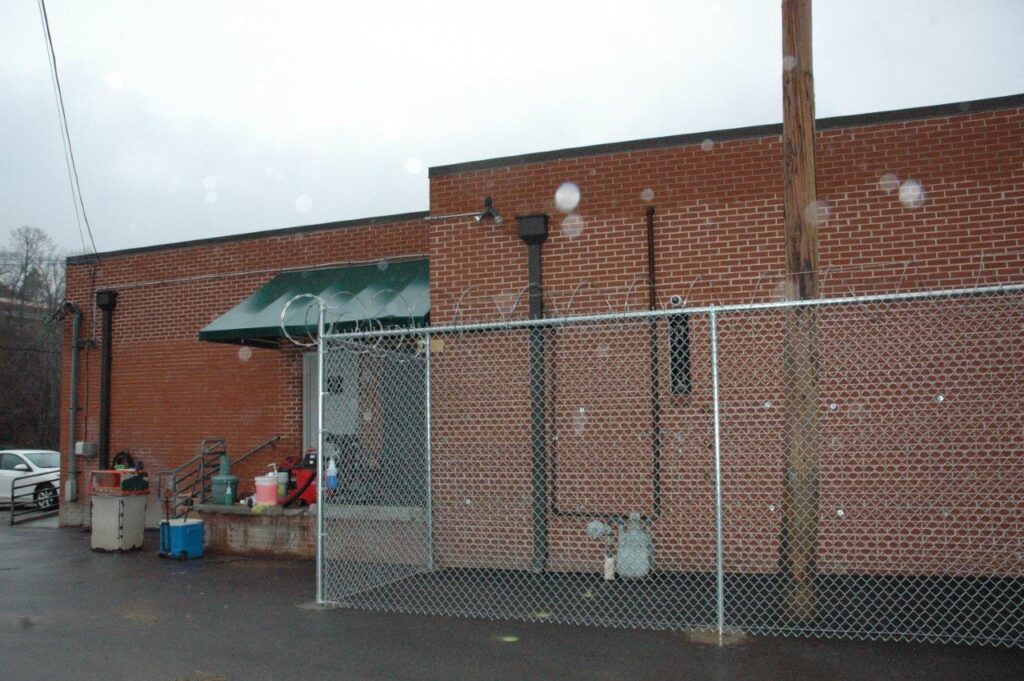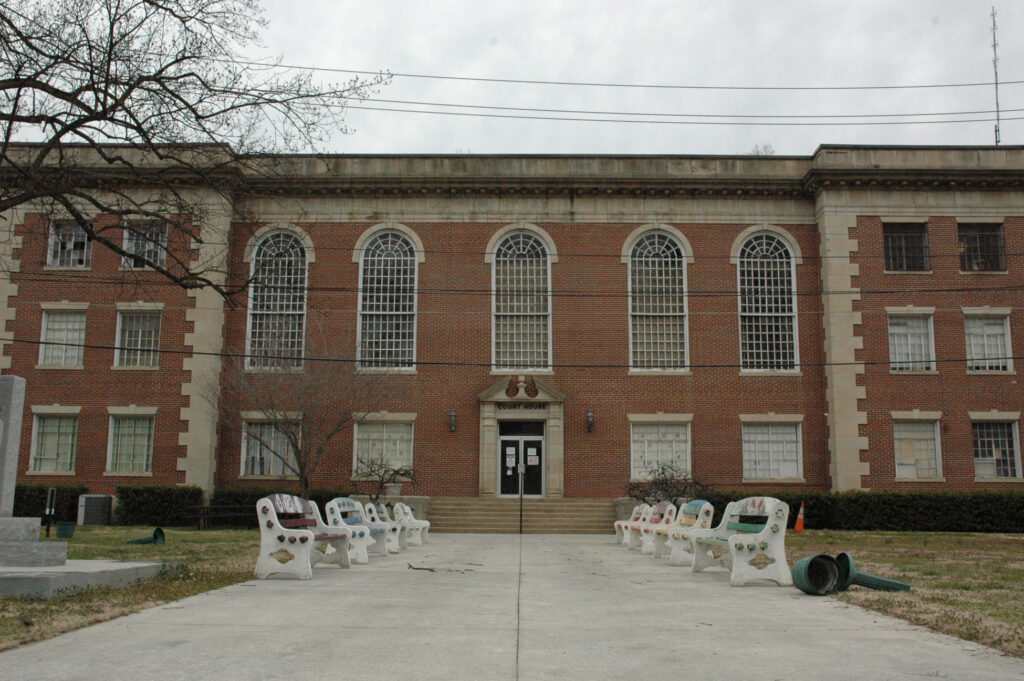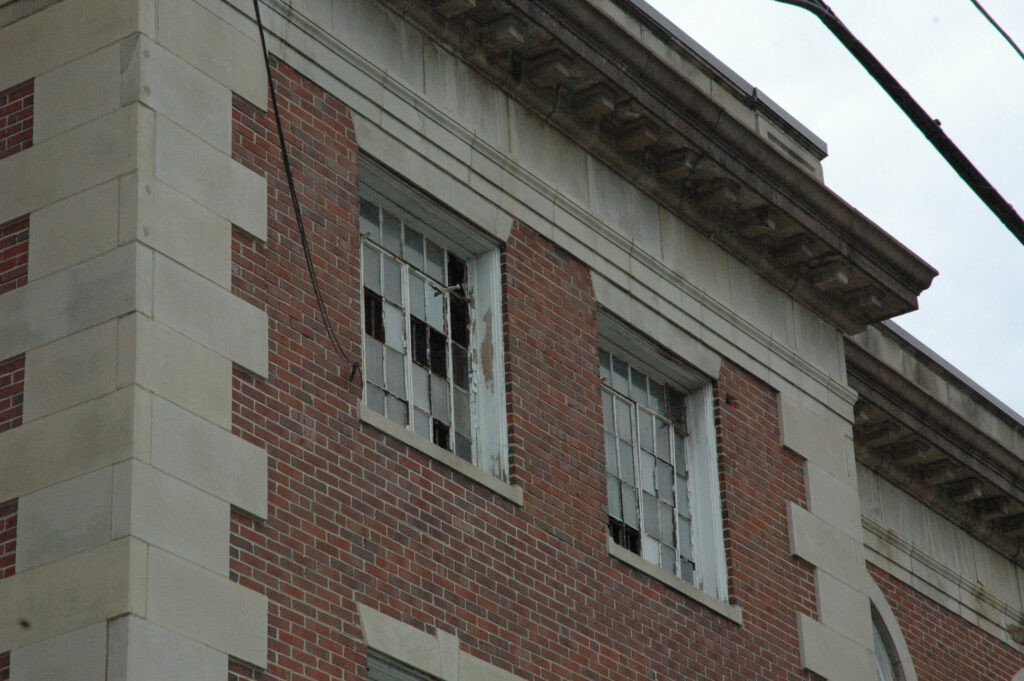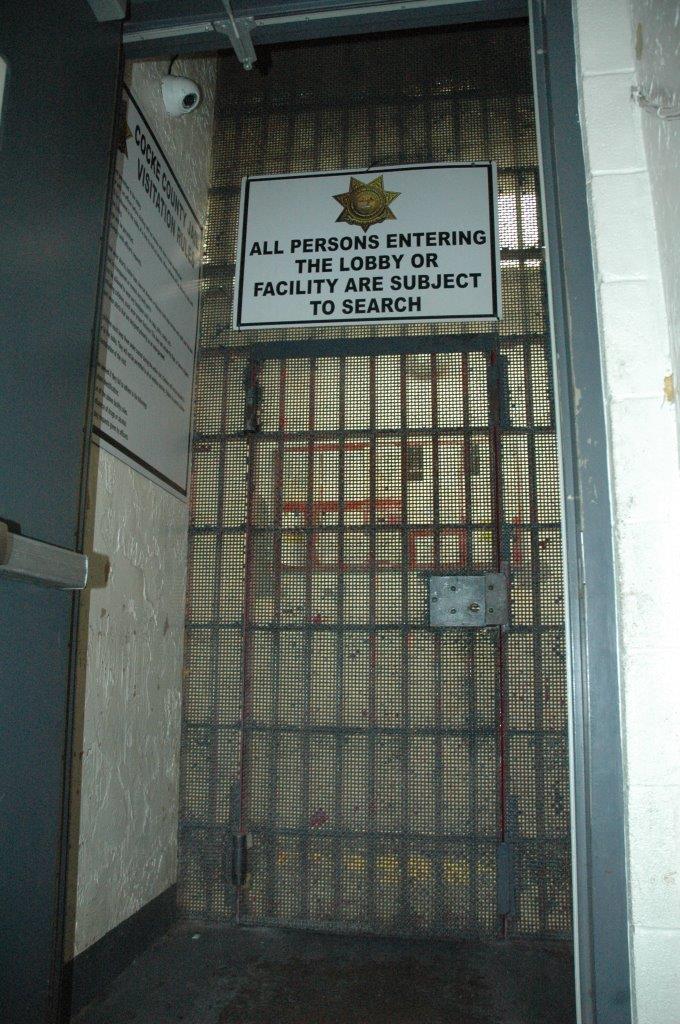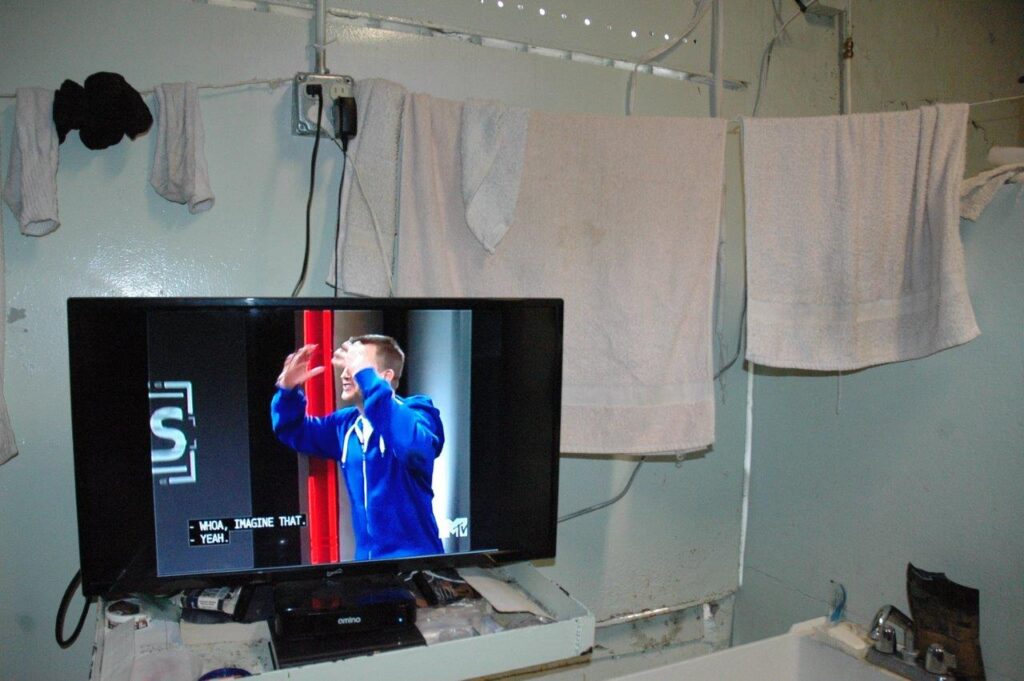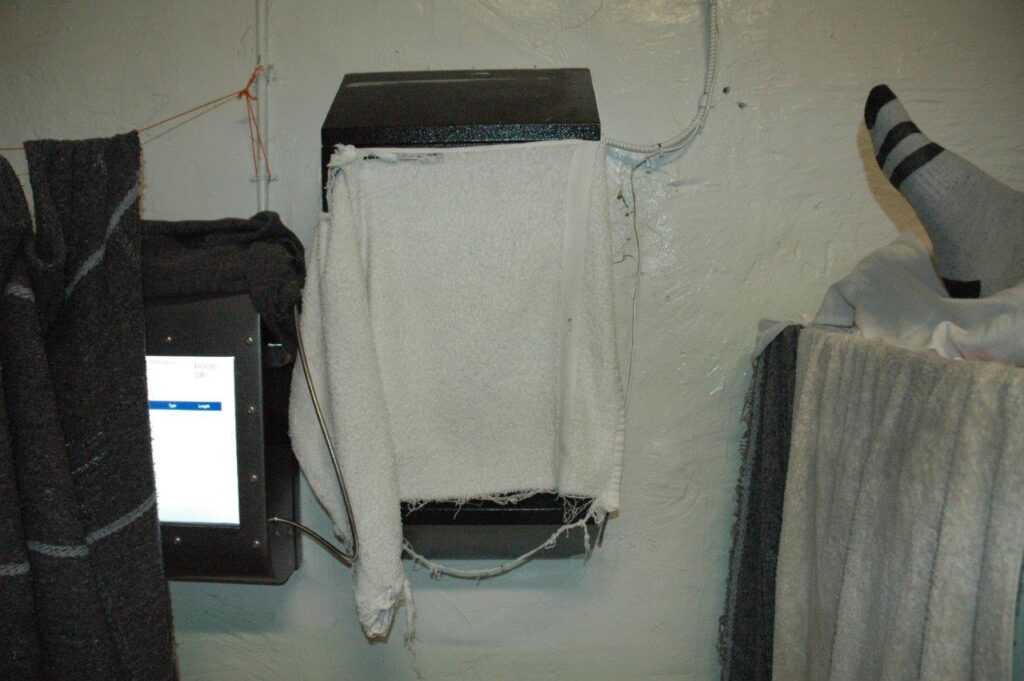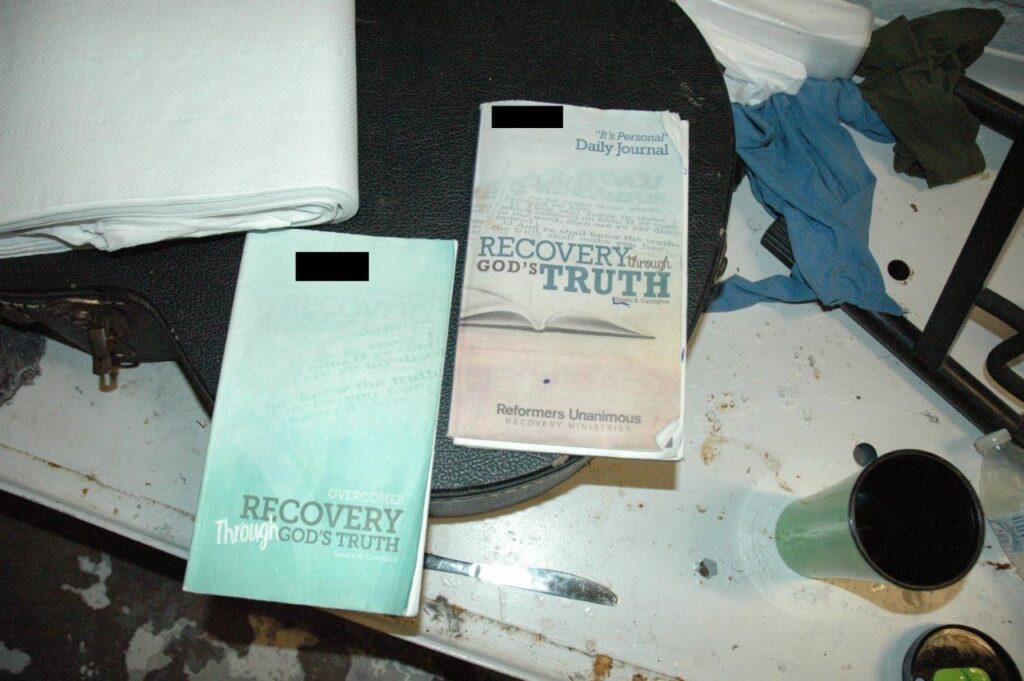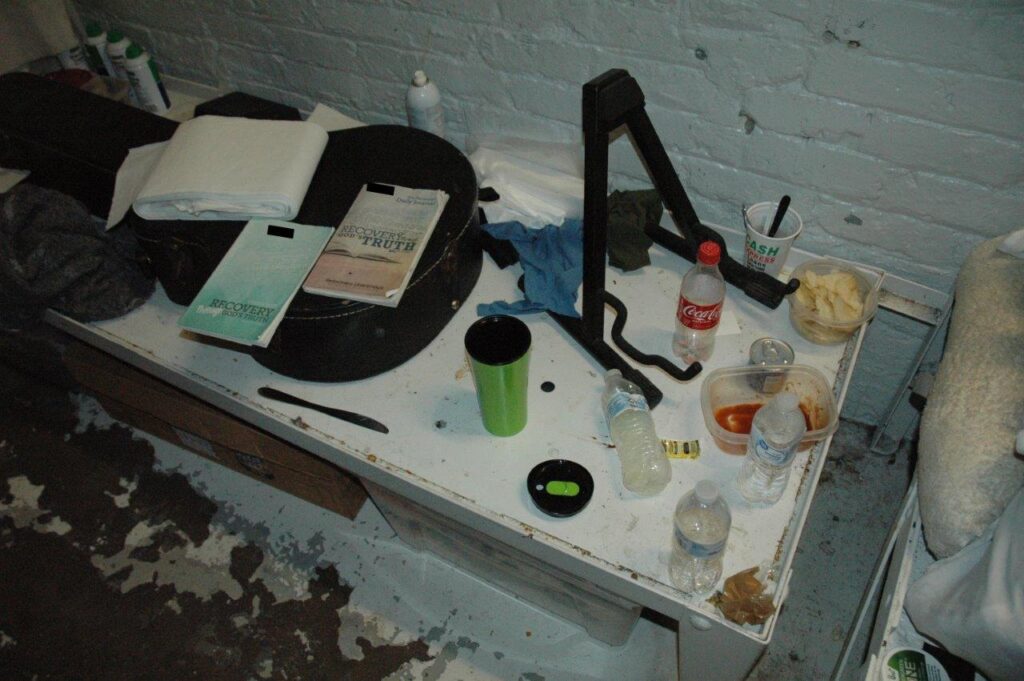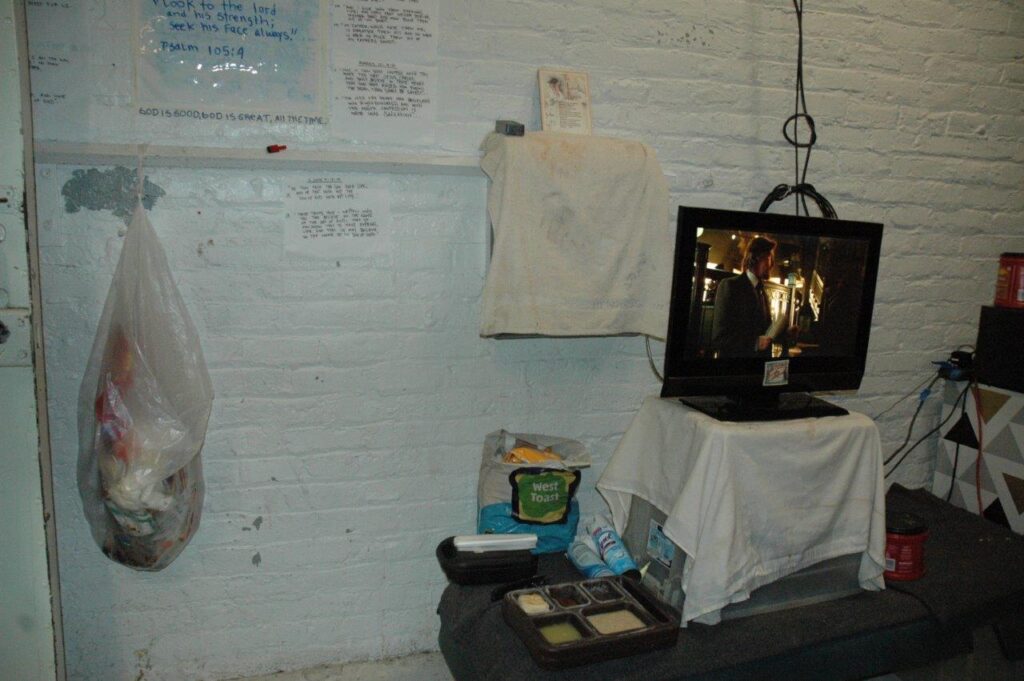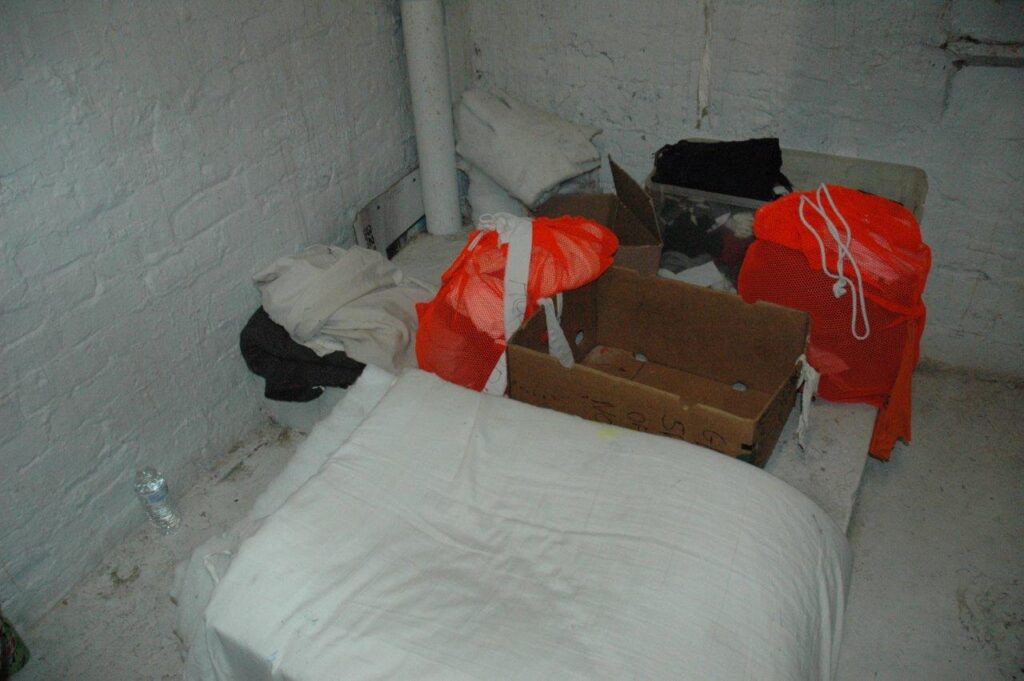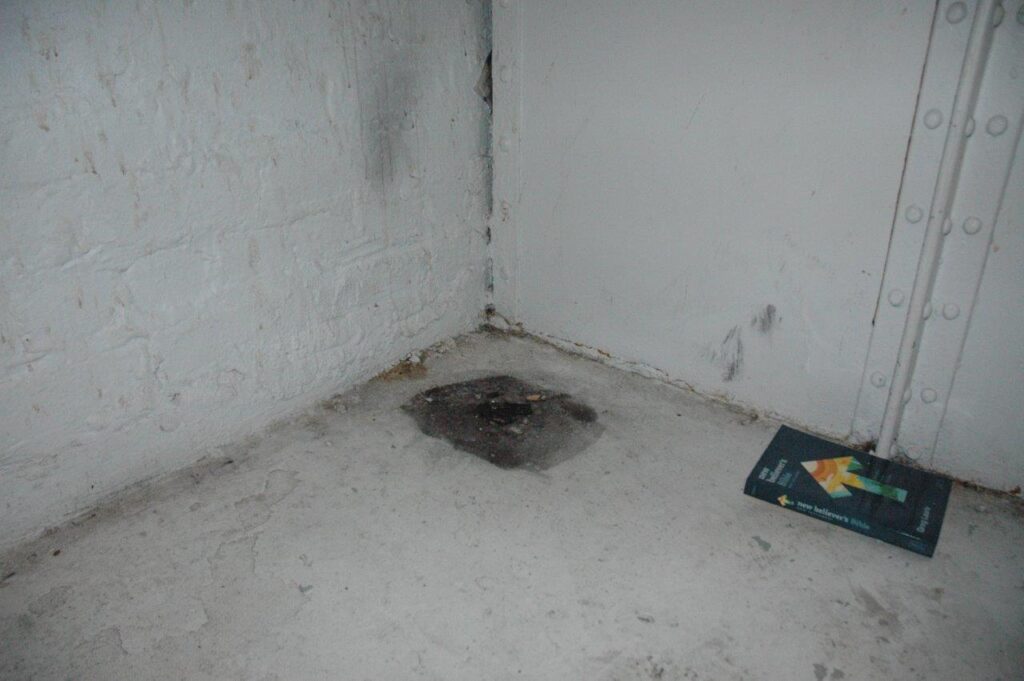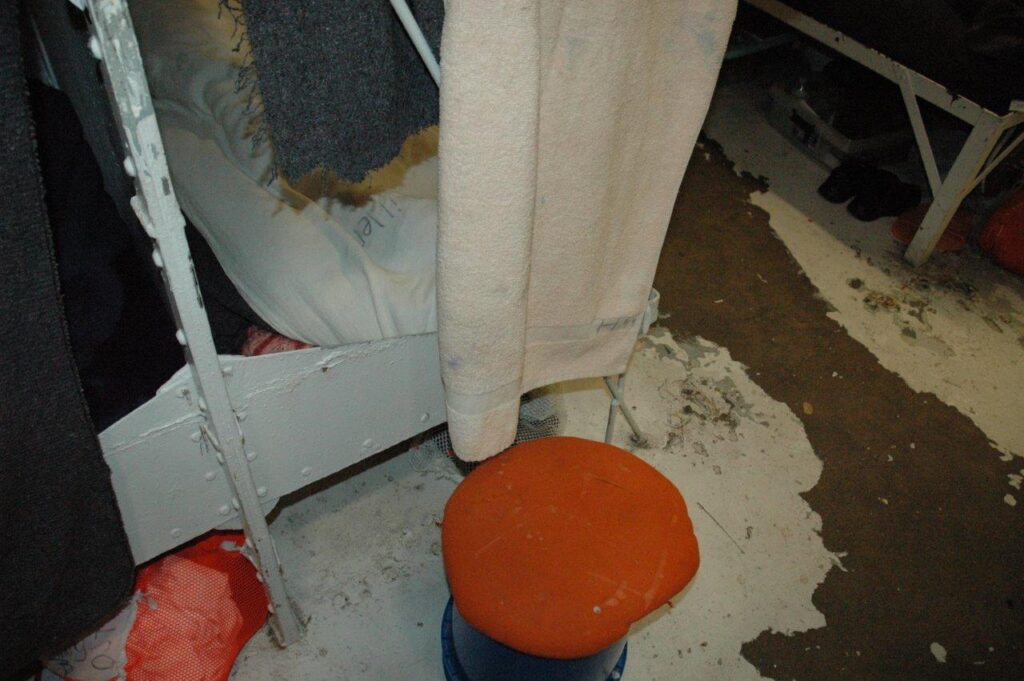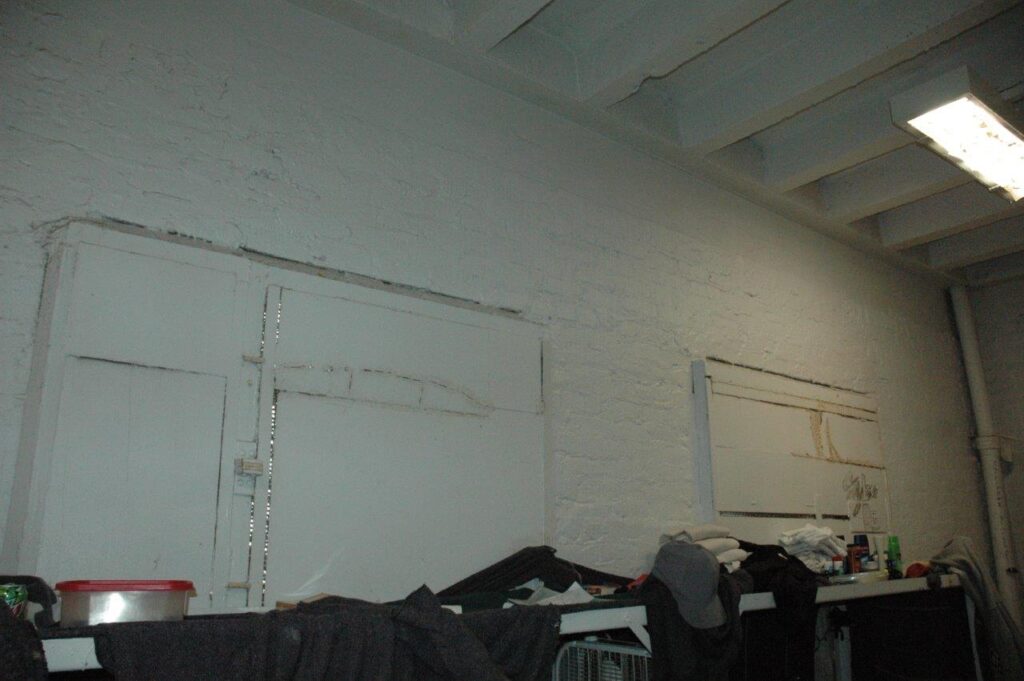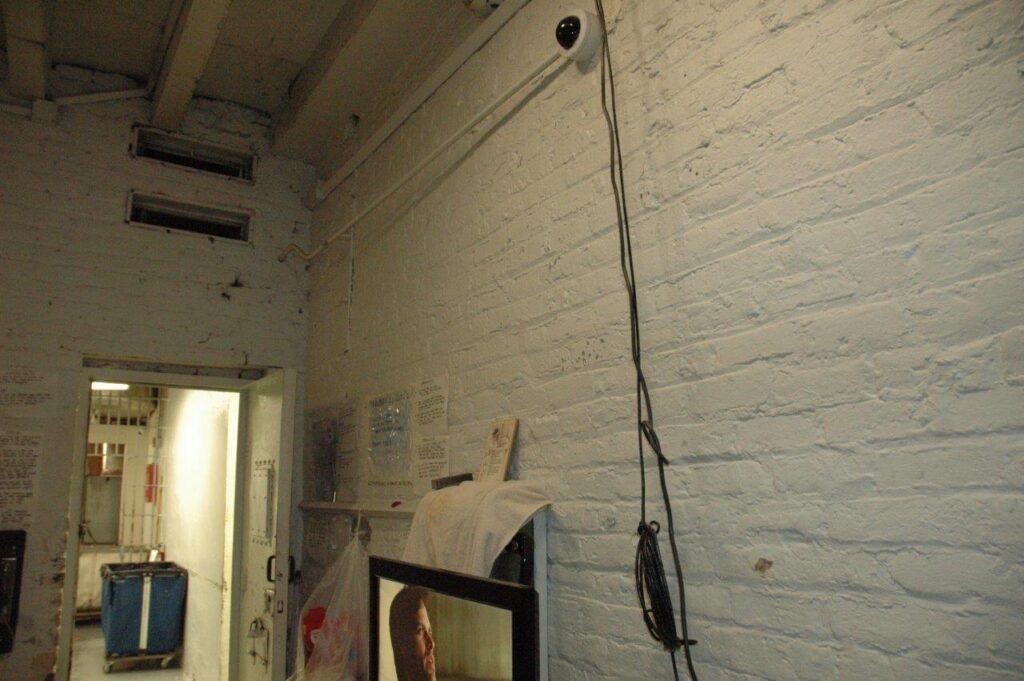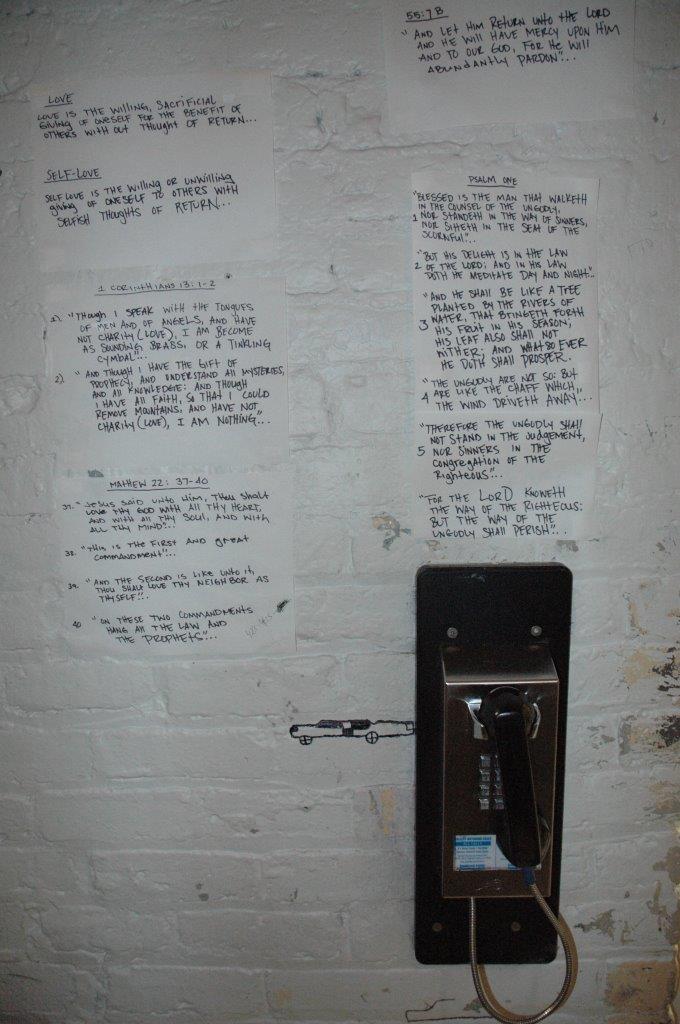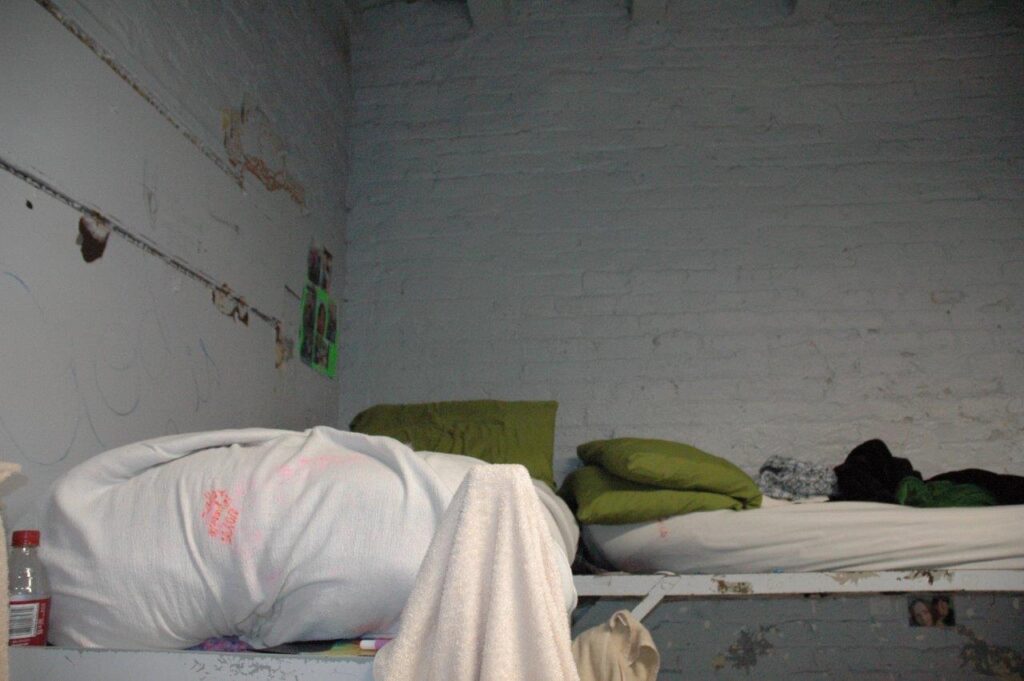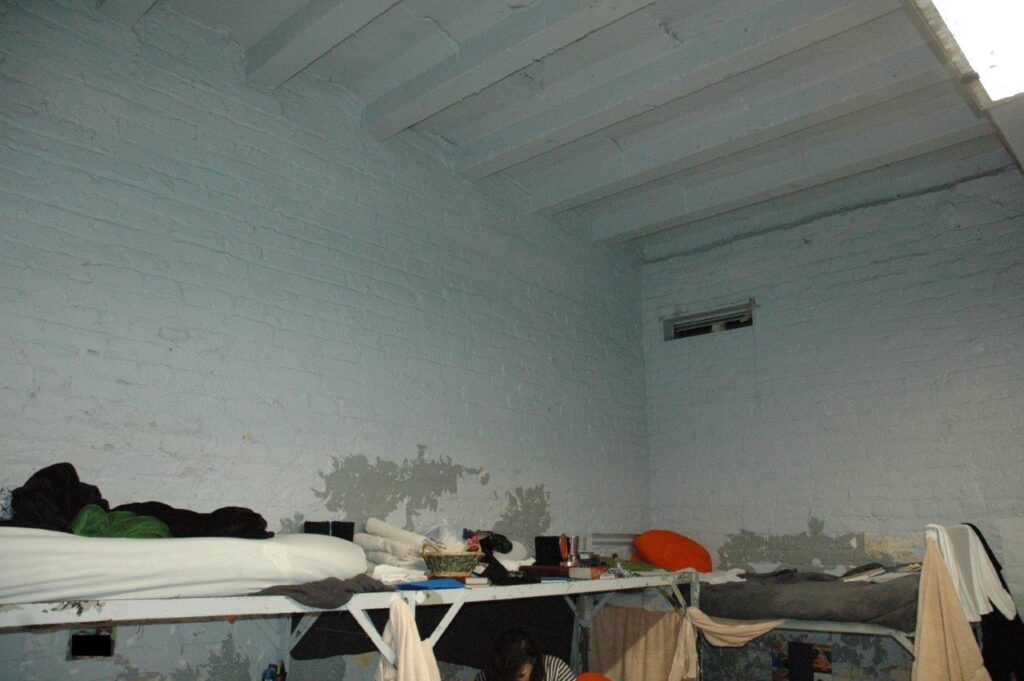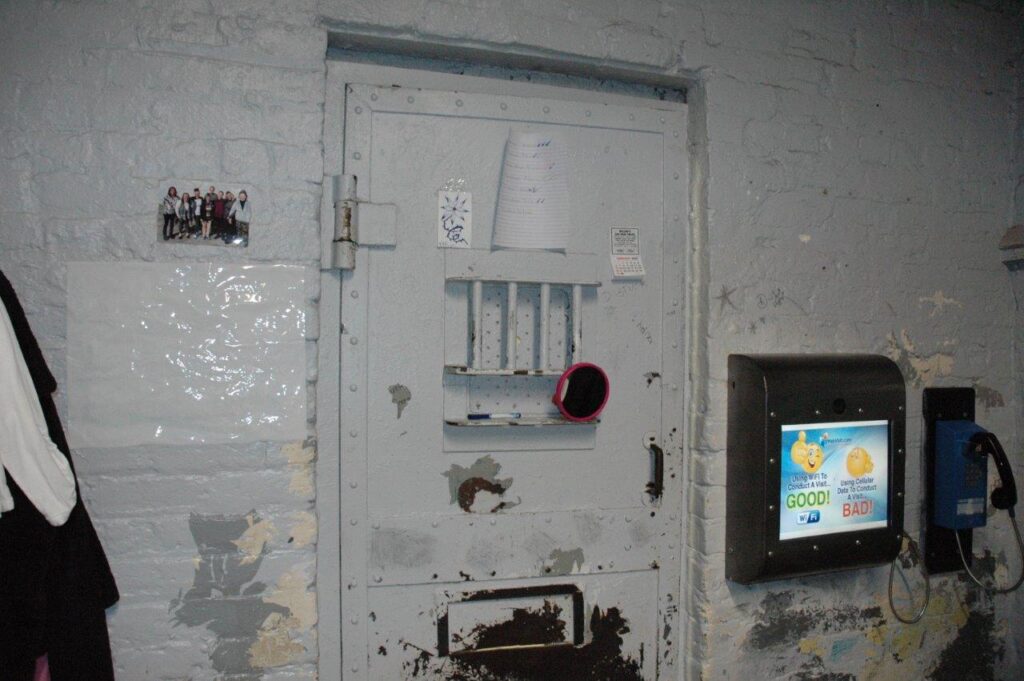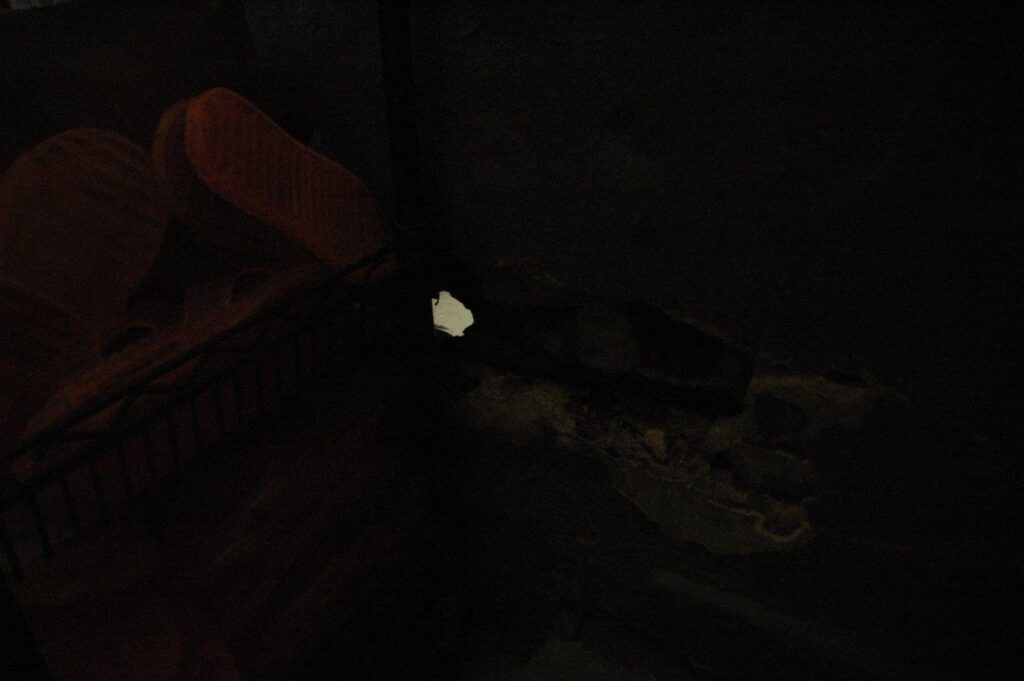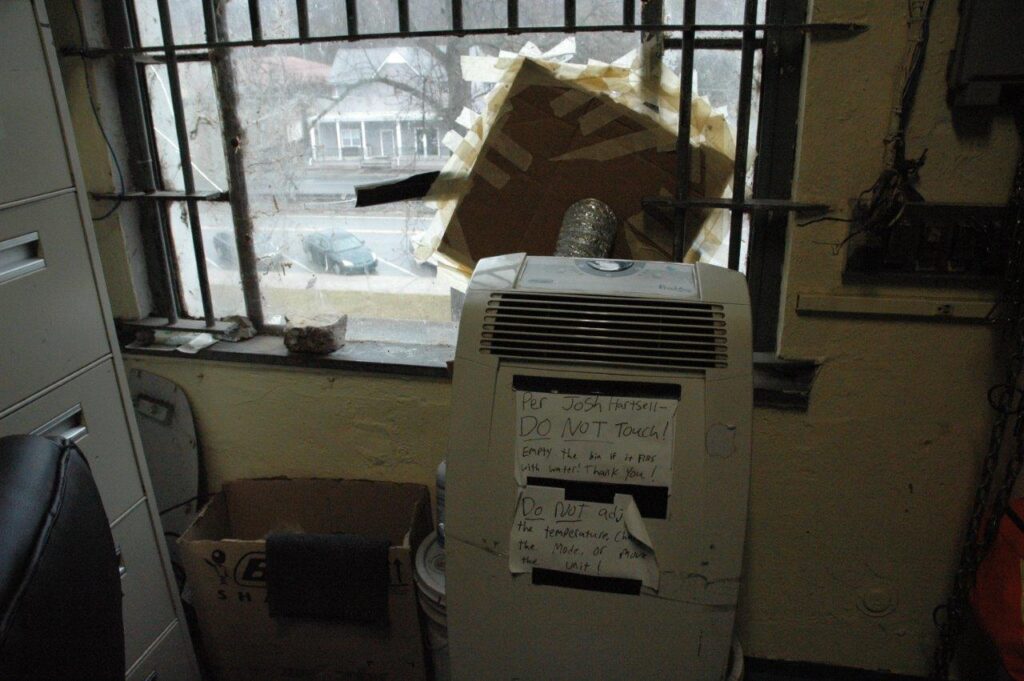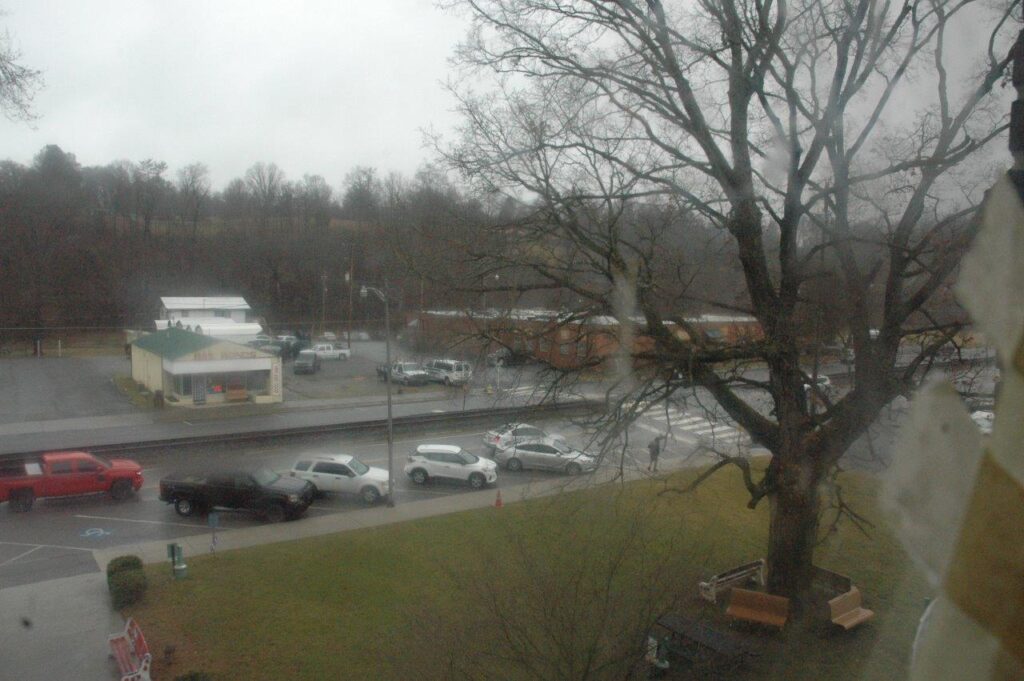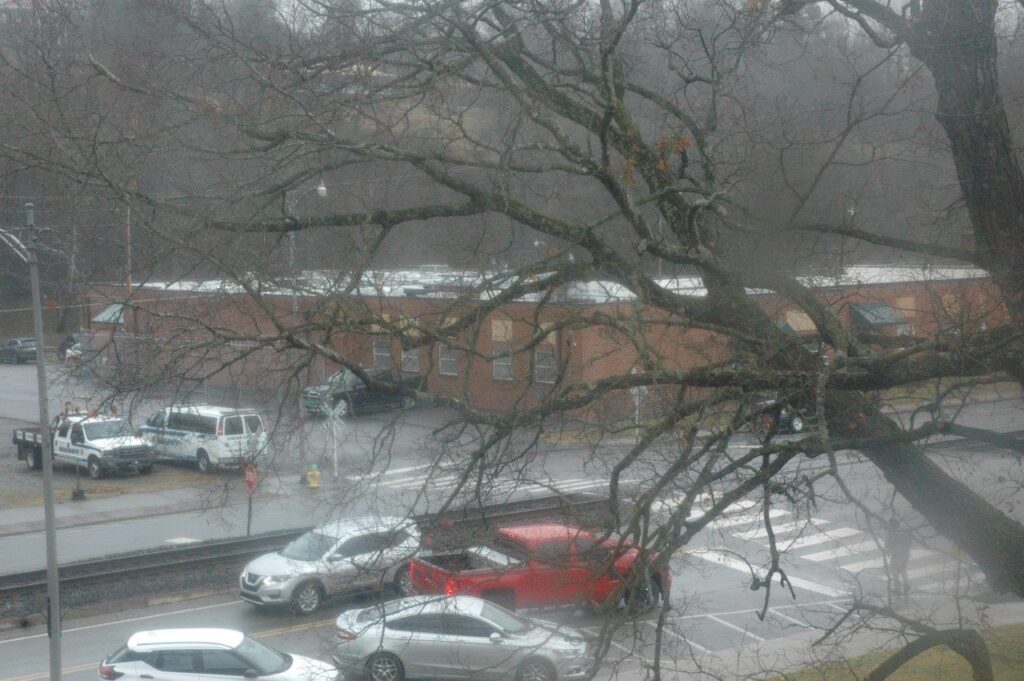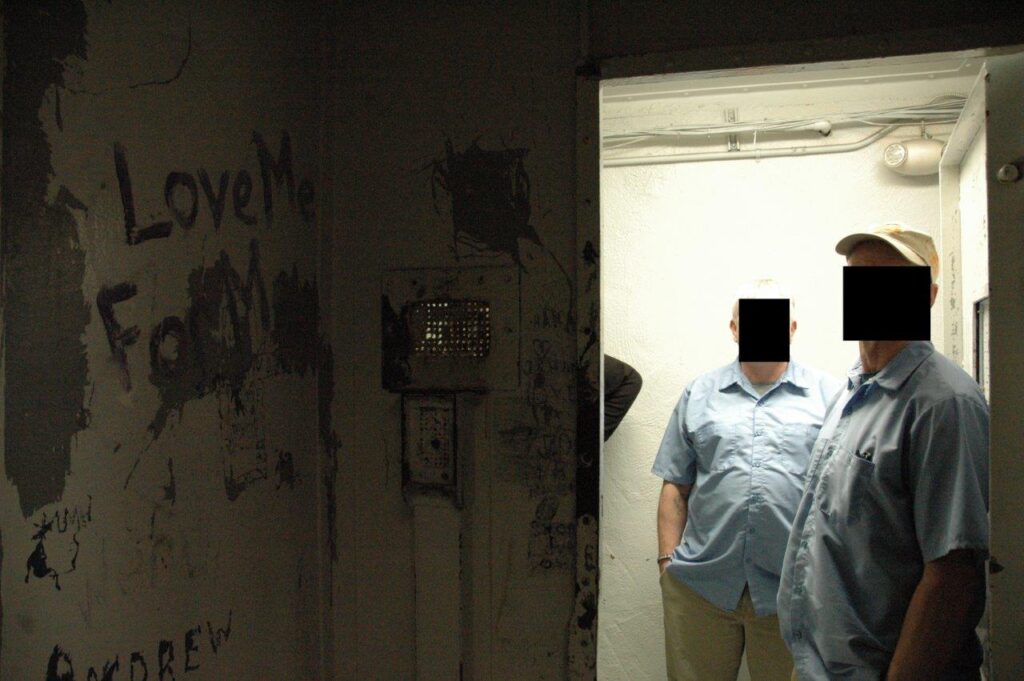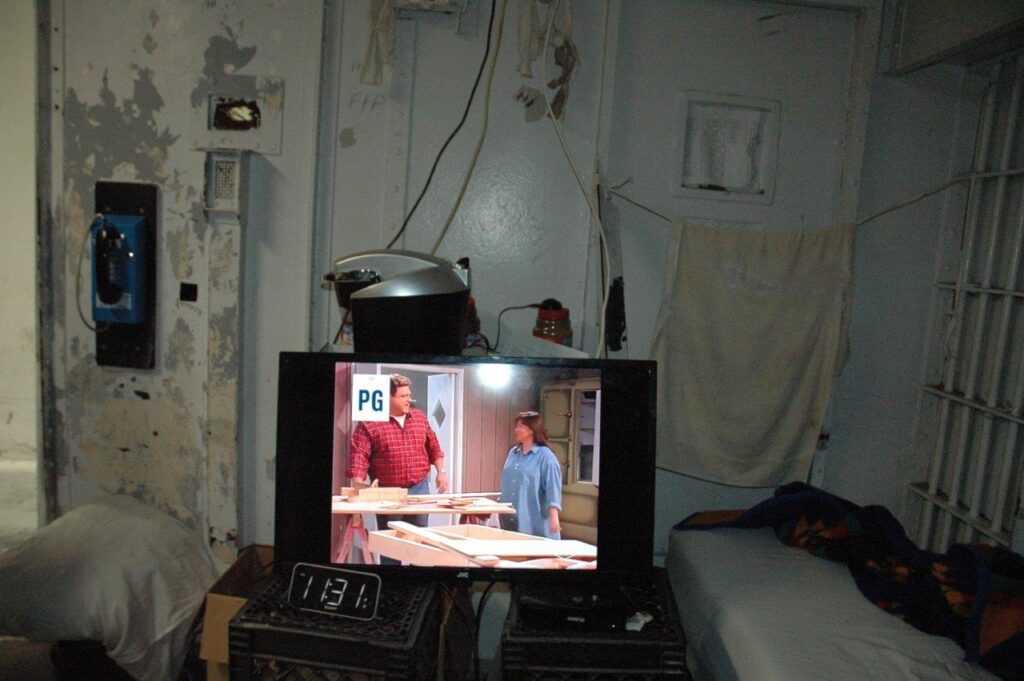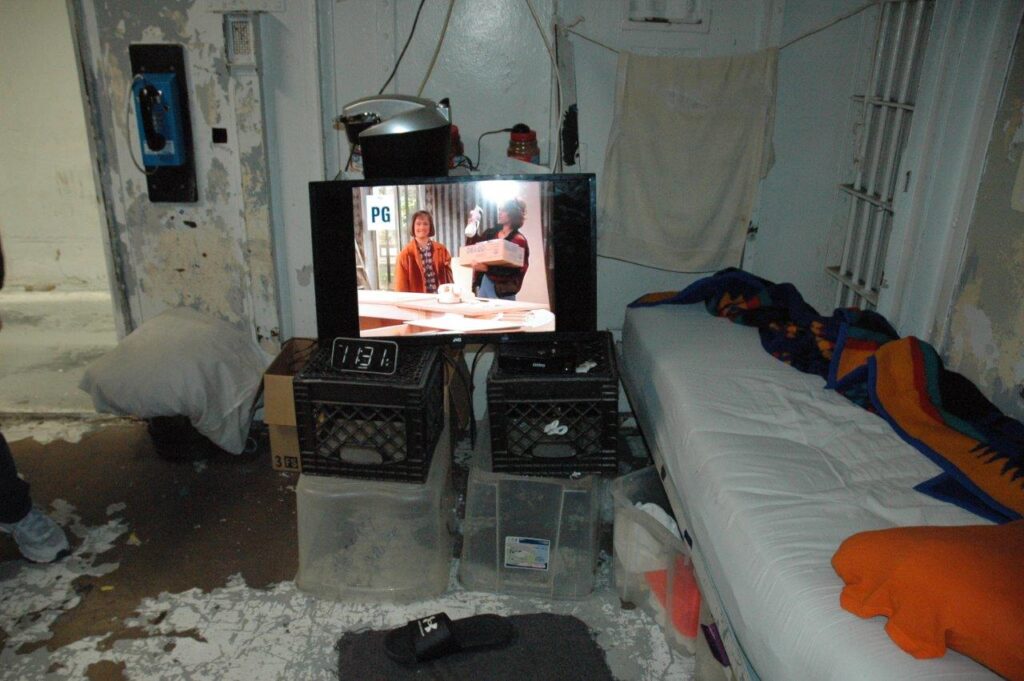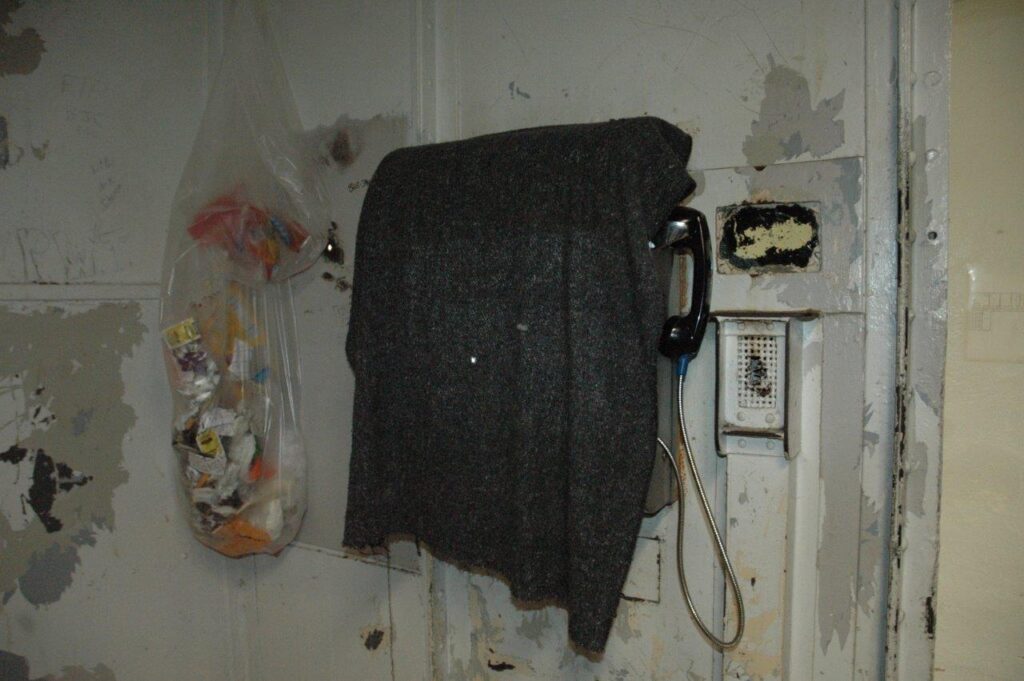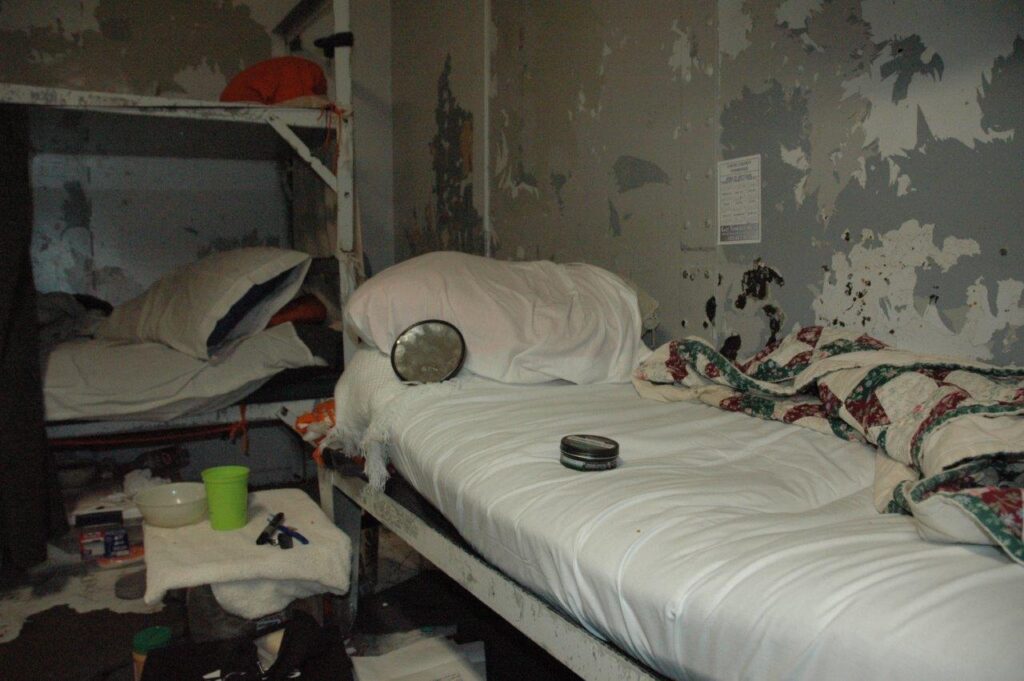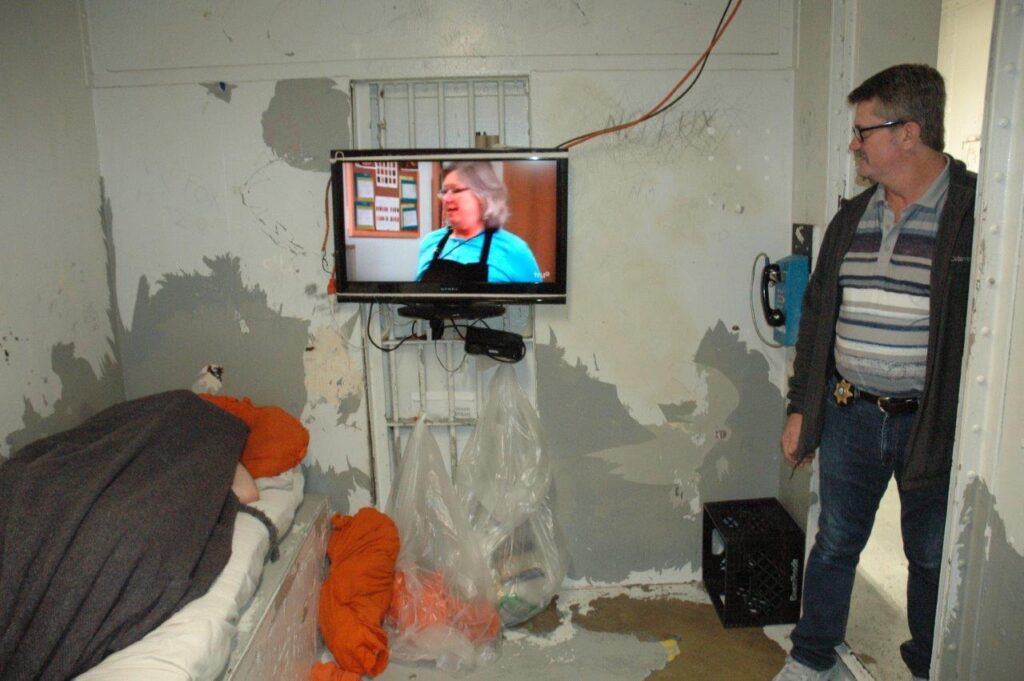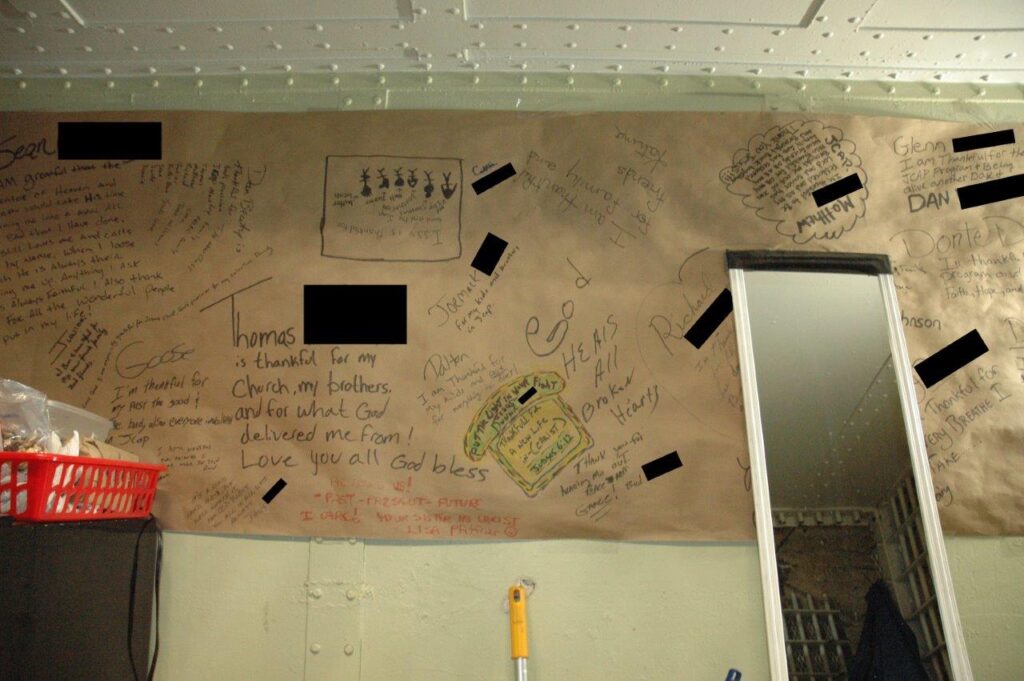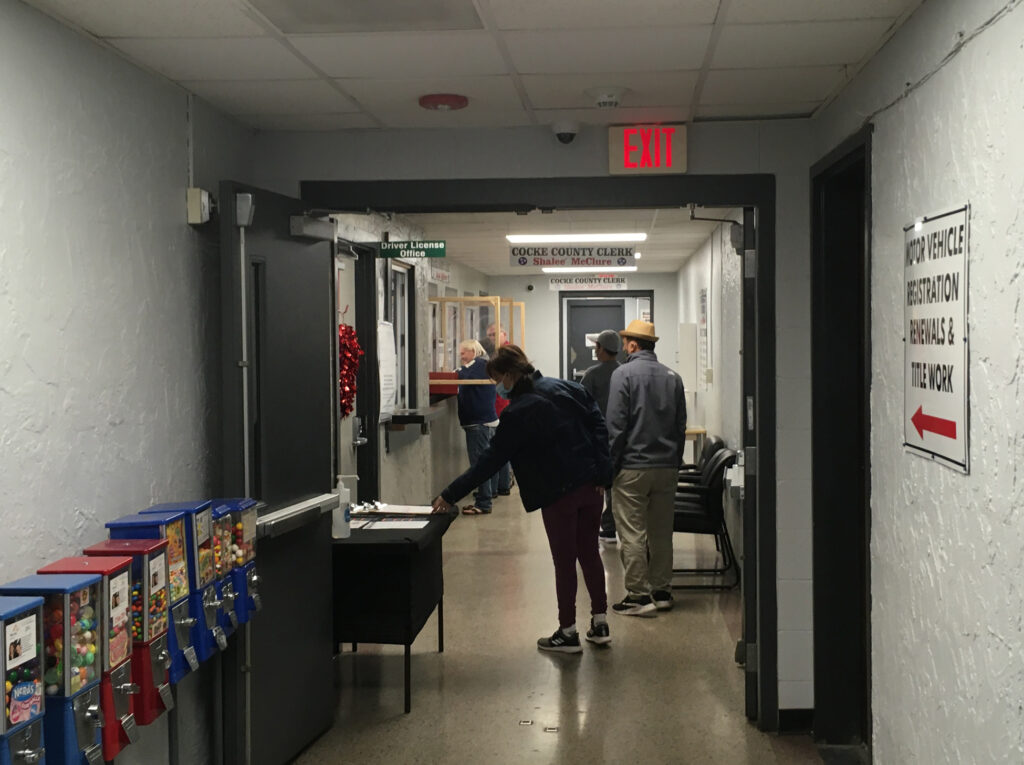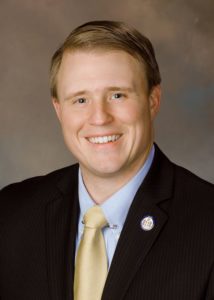NEWPORT, Tenn. — Decades before the jail lost its accreditation, Cocke County has needed a new justice center. There is space. There are plans. However, the county has been unable to find the roughly $50 million it would require to overhaul the jail system. Final costs for such a project would likely exceed the entire county budget.
There does not seem to be a federal solution, nor a state solution that does not involve raising a tremendous amount of capital to fund an entirely new jail. Jail certification is not a priority in Tennessee, as indicated by a significant number of other county jails also lacking certification, but jails lose their accreditation – like Cocke County did – when they are deemed unfit for inmates, signaling a human rights crisis. Counties are left to decide on their own whether they are willing to live with that suffering in a segment of the population that can not speak up for themselves.
The latest County Legislative Body decision not to impose new taxes for the purpose of building a new jail comes as a surprise to no one.
The problem is so seemingly permanent that although some political candidates offer generalized solutions in their platforms, renovating the jail after 90 years is no longer an election issue. After another failed vote in March, Commissioner Forest Clevenger appealed to the CLB for a better solution than simply raising taxes.
“It’s an election year and we have several candidates running for mayor and sheriff, and I have listened to some of their platforms on social media and through others,” Clevenger said. “Some of them think they have a better plan and that we don’t have to do it this way. I’m all ears. If they have one and we don’t have to do this, I want to hear it.”
Clevenger said that in his three years serving county government, no elected official has offered a viable plan or solution.
“You have a finance director, county mayor and sheriff you all are paying $272,000 a year and yet I’ve heard nothing.”
At a forum in March, County Trustee Rob Mathis said the county could pay the annual debt expense of a new jail using an equivalent tax revenue increase, already in progress. Other proposals heard in the past would require raising property taxes.
“I want to hear something that we may have missed after doing this in all these committees for three and a half years, day in and day out,” Clevenger said. “If there is something better we can do I want to know about it because right now we’re facing a $50 million bond issue that our children will be paying off.”
The matter was sent back to General Committee, but is not shown on the agenda for Thursday night.
Whatever the solution may be, it appears that every option in the conversation pits taxpayers against the county’s most vulnerable people, including the mentally ill and those suffering from addiction. Addiction accounts for the bulk of police reports, which end with the phrase, “for their safety, they were arrested and transported to the Cocke County Jail Annex.” These reports are publicly available, provided under Freedom of Information Act guidelines that may protect some sensitive information, such as the addresses of deputies, but do little to preserve the dignity of the parties involved.
A combination of indifference toward incarcerated people, distrust of government, historical discrepancies between stated intent and actual use of county funds, and county-wide poverty has instilled a near-universal resistance in citizens to agree to increase their own tax rates.
While the problem is deferred meeting by meeting, and the conversation goes nowhere, and while users tell jokes about it on Facebook, people have died, they are sleeping on the floor in black mold and more than 20 women are sharing a single toilet.
When the subject arises of poor jail conditions, it is easily dismissed with the refrain, ‘Jail is not supposed to be fun.’ Guards and inmates will attest that Cocke County jail is punishment, and indeed not fun, but it is also dysfunctional to the extent that it fails to serve the community. The intended outcome of prison or jail time is to play a role in rehabilitating offenders so that society is improved by the jail as a service, instead of compounding harm through punishment alone. Moreover, conditions at the Cocke County Jail and Annex prevent the most important stage of incarceration – and its stated purpose – rehabilitation, from taking place.
Because of conditions in the jail, people actively working to resolve drug dependency are hindered from completing that already difficult and sensitive work, says Director of Recovery Ministries Marta Cogburn.
Cogburn is a family nurse practitioner working to rehabilitate people in Cocke County who struggle with substance issues, many of whom come into her program from the jail. She says the county has several issues with social resources, and that conditions in the jail complicate her work curbing substance misuse, calling the conditions there “horrendous.”
“One of the shortcomings is the jail, and the overcrowded conditions,” she says. “That is an inhumane place. I was in the women’s cell. They’re sleeping on the floor, on a mat on the concrete floor. It’s no wonder they fight—bring drugs in—they have to live through it. It’s a horrendous thing, until we can make that more humane by getting better services tailored to the needs of the patient.”
Tennessee Department of Correction data shows that the Cocke County jail population consistently exceeds the number of beds.
At the time photos were taken in February, a jail administrator said there were 114 people in the courthouse and Annex combined. Data from February shows 120 available beds for both jails, but with a total population of 136. Data puts the jail above the courthouse at 146.9% capacity.
Historical data shows the jail population reaching nearly 200 people.
Cocke County Sheriff Armando Fontes says throwing people in jail does not cure addiction, and that investment in the jails is “much needed.” His administration saw the beginning of a Jail Chemical Addiction Program, the first of its kind in Tennessee, which began last summer and has graduated two classes on their way back into healthy society.
Because drug use is so prevalent in the jail, the TN JCAP unit is sequestered from the main jail above the courthouse, so that students there will not be tempted to use, and remain separated from the behaviors and attitudes of active addiction among the other inmates.
“It’s a central hub where all of your people with drug addiction – people that commit criminal acts – but a lot of that is because of drug addiction and it’s where all the community’s problems go to,” Fontes says of the jail. “It’s important that these jails become facilities that are focused and geared toward rehabilitation because, you know, there’s a lot of people that are still salvageable and unfortunately, we don’t have the resources in our jail to do a lot of things that I would love to have done, but we never could get the financial support.”
Fyodor Dostoevsky, a military surgeon and renowned author, once wrote that a society is judged “not by how it treats its outstanding citizens, but by how it treats its criminals.”
On Wednesday, February 9, a jail guard throws Misty Rodriguez 12 feet across her cell, where she sustains head injuries, bruises and loses a tooth. Her accused attacker, 21-year-old Bryson Hance, is fired from his position at Cocke County Sheriff’s Office.
Thursday, October 28: Kelsey Wolfe is reported dead of drug overdose while staying in the jail, although her family disputes it publicly on Facebook, saying they want answers. In response to ridicule and dismissive jokes, her family asks others to consider that she is a person, grieved by friends, family and her children.
Monday, August 16: Todd Douglas uses jail-issue clothing to hang himself in his cell where he is housed alone.
The rate at which inmate deaths are documented in news sources suggests they are being under-reported in official data, which is sparse.
The Newport Plain Talk was granted access in February to the Cocke County Jail Annex and the jail over the courthouse. In addition to those printed here, 300 photographs are available in the online edition; however, images and words do not convey the whole story.
No cell is ventilated. At 100% humidity the combined smell of mold, chemicals, the Newport water supply, and the smell of too many bodies in one place permeate the jail, sticks to the hair and clothes, and is strongest at the Annex where flooding occurs and people are forced to sleep on the floor.
Open drains where the grating is broken or missing are coated in a gray slime, congealed around the inner openings. A mop bucket sits unevenly, missing a wheel. Inmates mop the area, pushing filth into the exposed drain, three feet away from a wet bedroll on the concrete floor, its edges damp from the mopping. Black mold grows in corners around the ceiling. A small tray slot in the door is left open, the only point of ventilation in a cell where more women sleep than there are beds. Their hair is greasy and wet looking. It is not their fault.
“It’s horrid,” says a jail Annex nurse. “Horrid.”
She says sometimes she tells the guards not to put people in the cells. Turning to Cecil Holt, administrative lieutenant over the jail, she asks if he has shown the black mold to The Newport Plain Talk. He did. Guards, nurses and other correctional officers breathe the same air as the inmates.
“I have to shut down some of the filth sometimes, and tell them not—like, ‘Look, you can’t put anybody in here because it will take your breath when you open the door,’” she says. “It’s not safe to have somebody in there breathing that stuff, and sometimes we don’t have a choice. We have to put them in there anyway.”
A woman inside complains that each time she blows her nose, blood comes out.
It is well known that there are holes in the jail exterior walls, and fences have been constructed around some sections of the Annex jail, near where the women are currently housed, to prevent people from drilling new holes for delivering drugs into the jail. Metal shields are seen covering the old holes. Still, the winter winds manage to break through.
Broken windows on the courthouse exterior are a fitting cover to the equally broken story within. Holes in the walls around the building, lax security, inmates routinely crossing the train tracks between the Annex and courthouse lawn, and staff shortages create the conditions for escape, corruption and drug proliferation throughout the jail system.
Police reports occasionally mention arrests involving people attempting to throw parcels of drugs into jail through the broken windows on the third story of the courthouse. In other cases, guards themselves were found bringing drugs into the jail.
The sole Black inhabitant on the day of shooting is found in the suicide watch cell. Because the unventilated room triples as a bathroom and shower, the entire floor is wet, the air is humid and smells strongly like the rest of the jail annex. She lies motionless under a stained, green blanket. Her empty food tray sits two feet away on the wet floor. On the wall someone has scratched a message: “I was put on suicide watch as punishment.” Another writer responds, “Sometimes it be like that.”
Placing the jail directly above the courthouse has been impractical, and led to some practical jokes. At least one cell in the courthouse jail was converted to a nurse’s station at a judge’s request after inmates in the cell above his chamber learned where they were, and began flooding the room, draining dirty water onto his desk.
On the day when Newport Plain Talk documented the interior, the jail above the courthouse was staffed by a single guard: a pregnant woman who has to request coverage, wait for help to secure their posts in the Annex, and arrive at the old jail before she can leave to go to the bathroom, which is located in another area.
Her post is a noisy room with a view of the Annex, containing two broken air conditioners where the security camera system hub is located. Exposed wires run to the camera system, which buzzes loudly. It never stops, she says.
The entire jail system is serviced by a single small kitchen, a family-size washer and dryer pair, and sometimes just two guards are responsible for upwards of 200 people.
Until the citizens of the county can agree upon a way to repay a $50 million loan, the horrors taking place at the Cocke County jail will continue unabated.
The matter sits in General Committee, awaiting further discussion.
Photos: James K. Galloway

